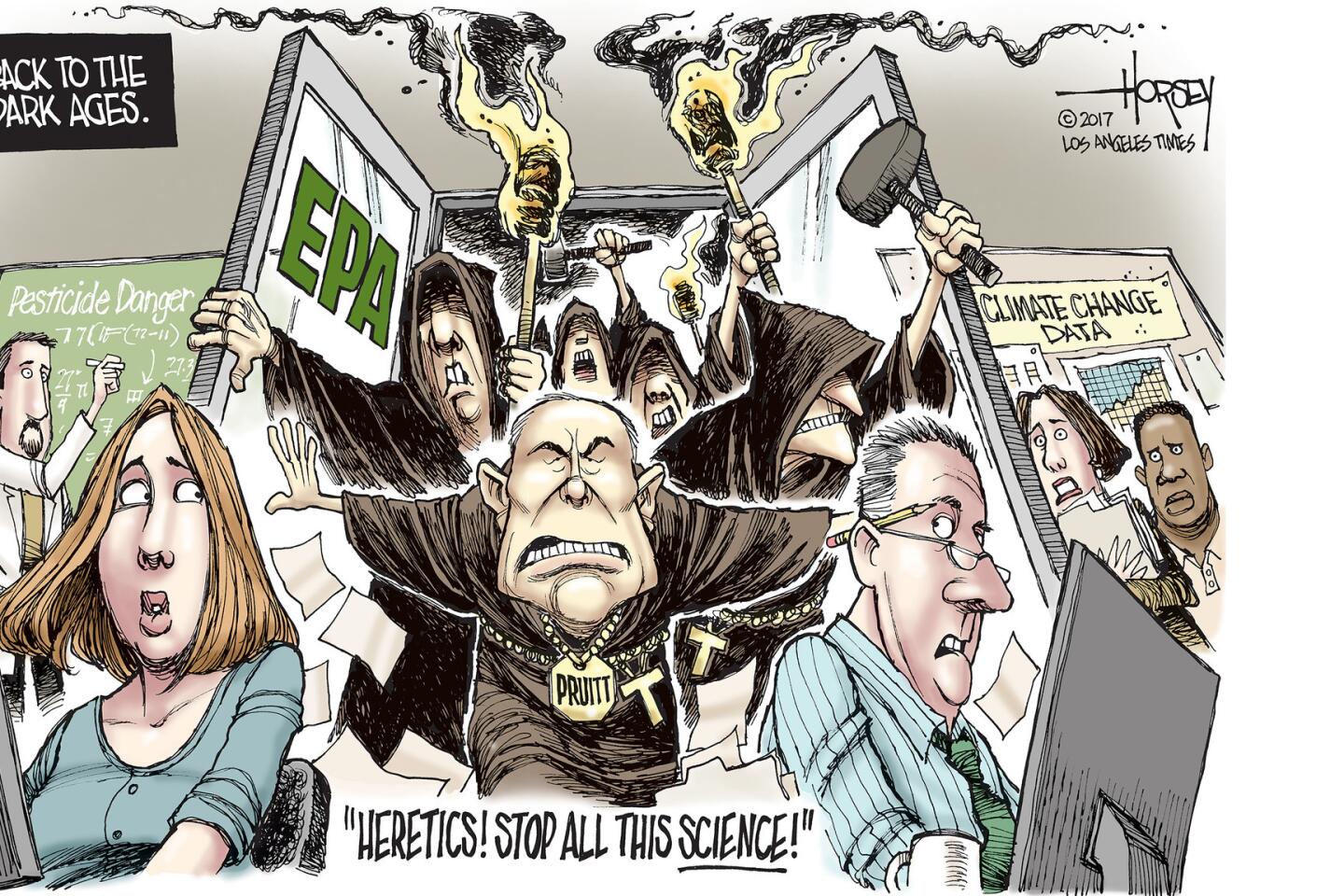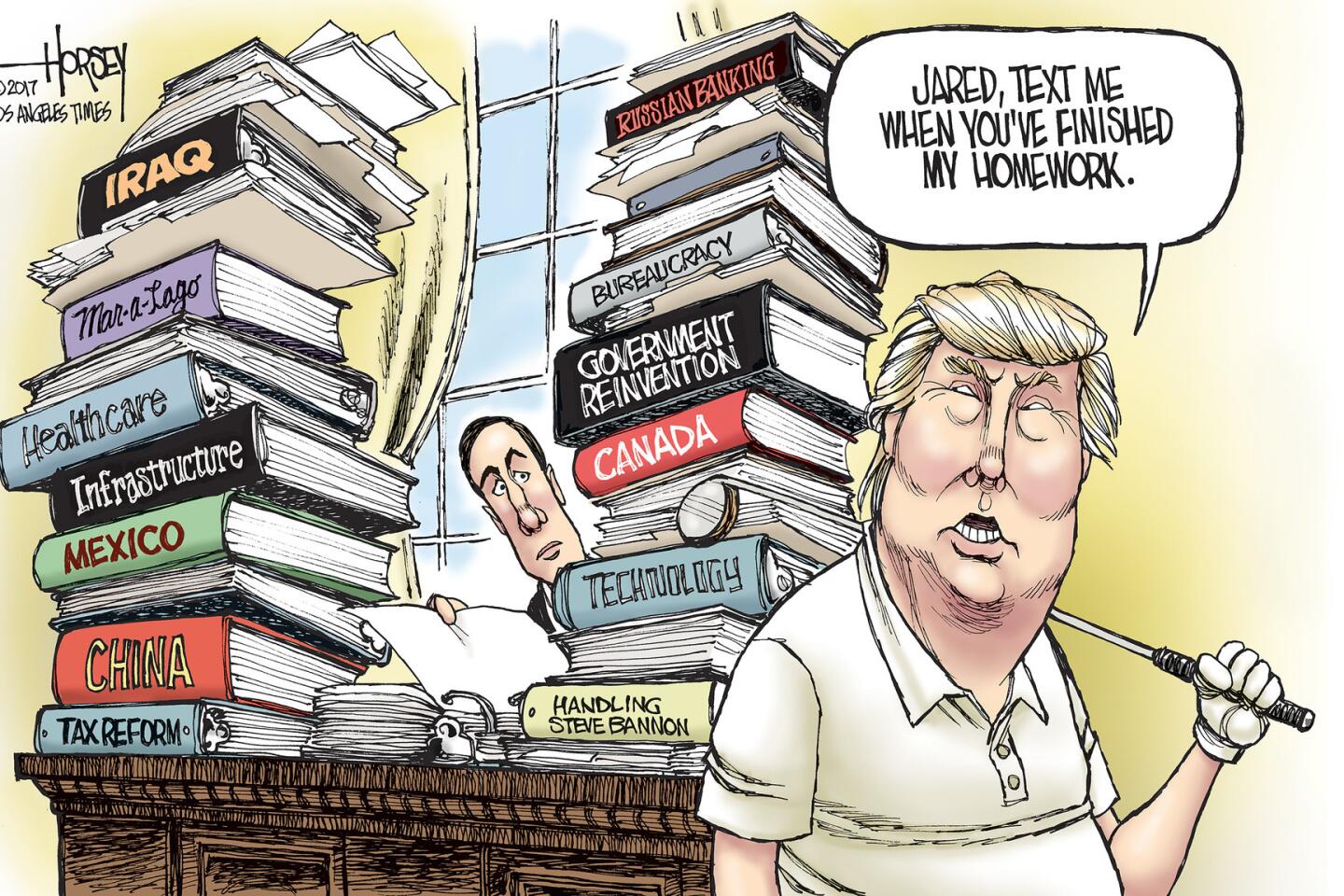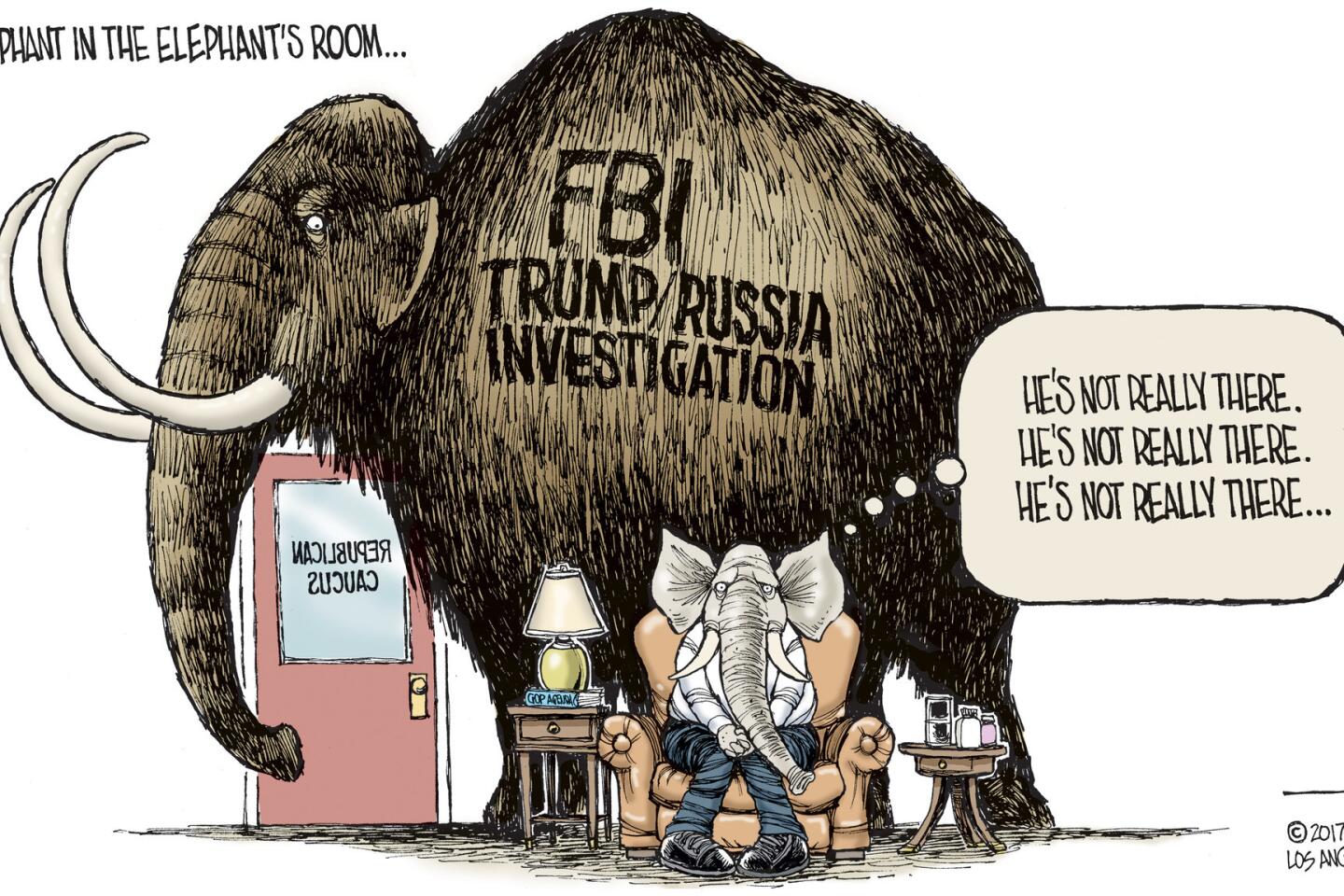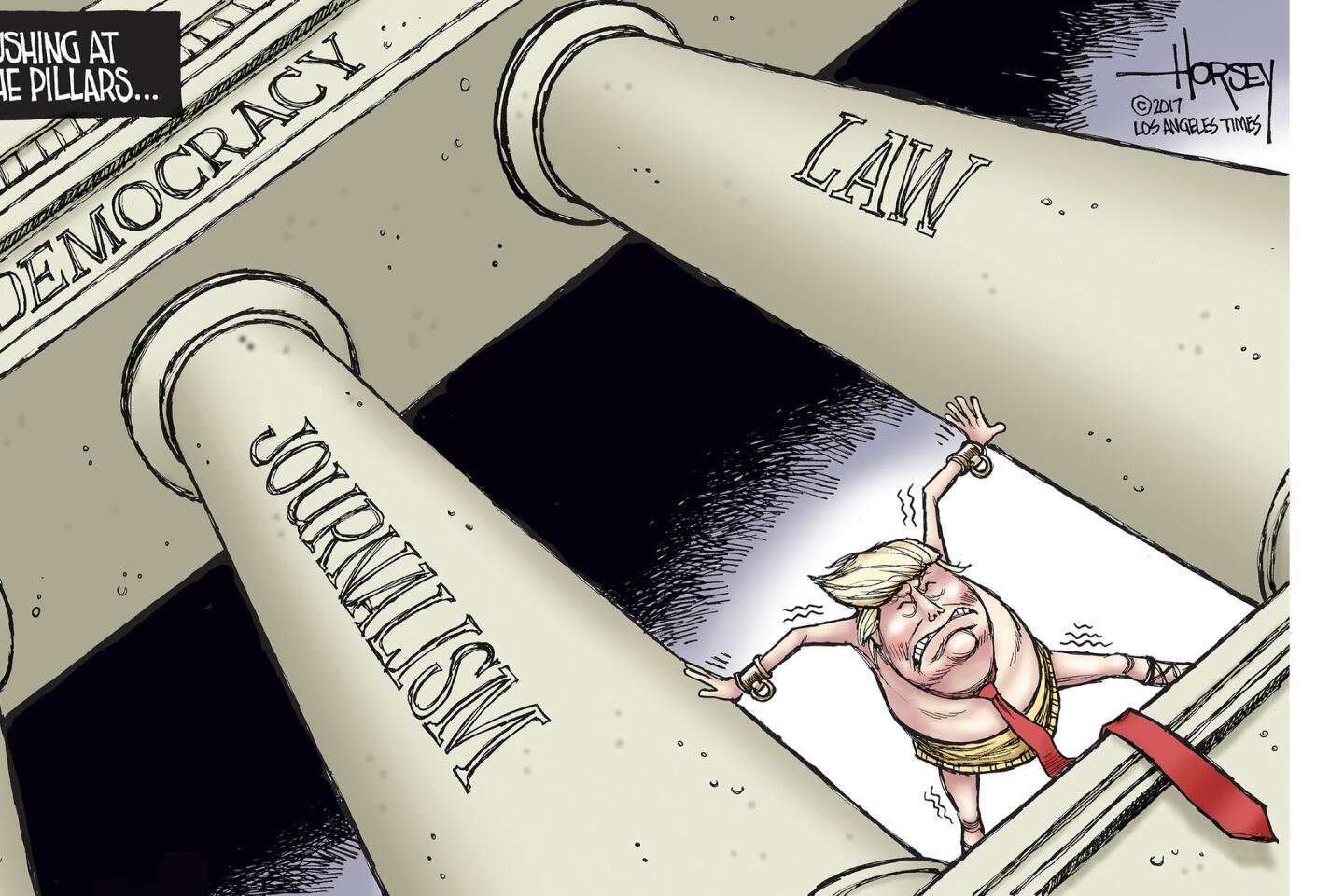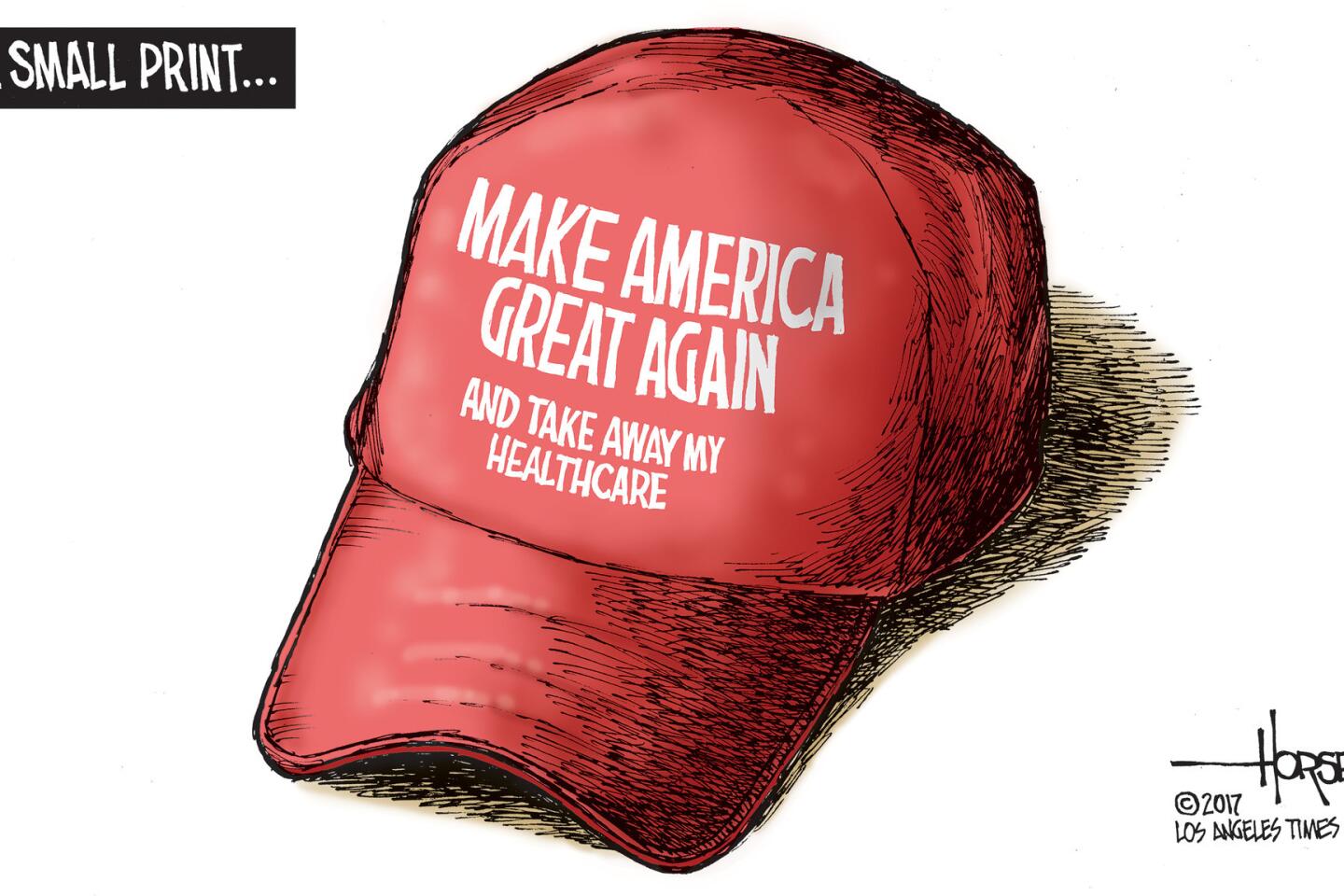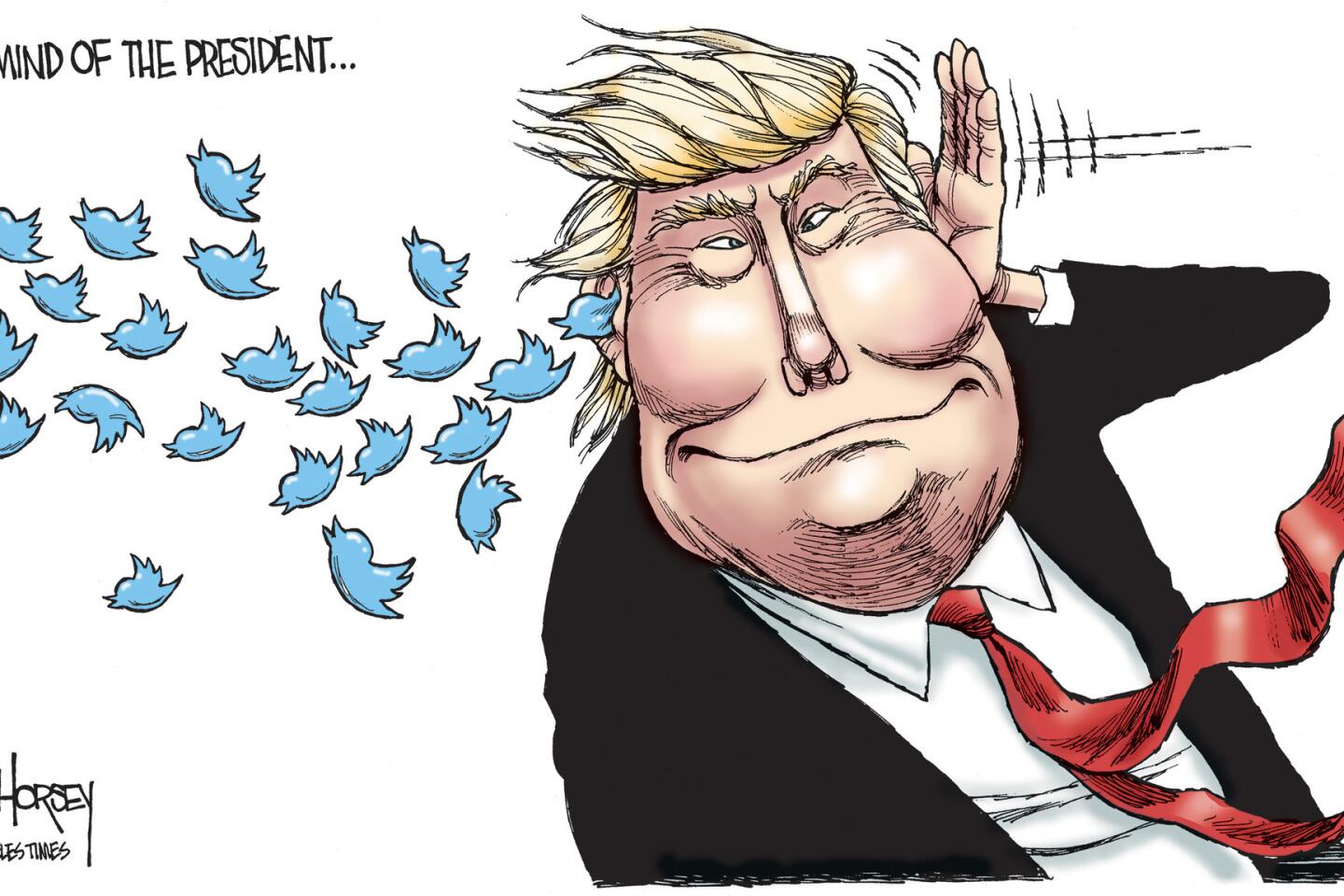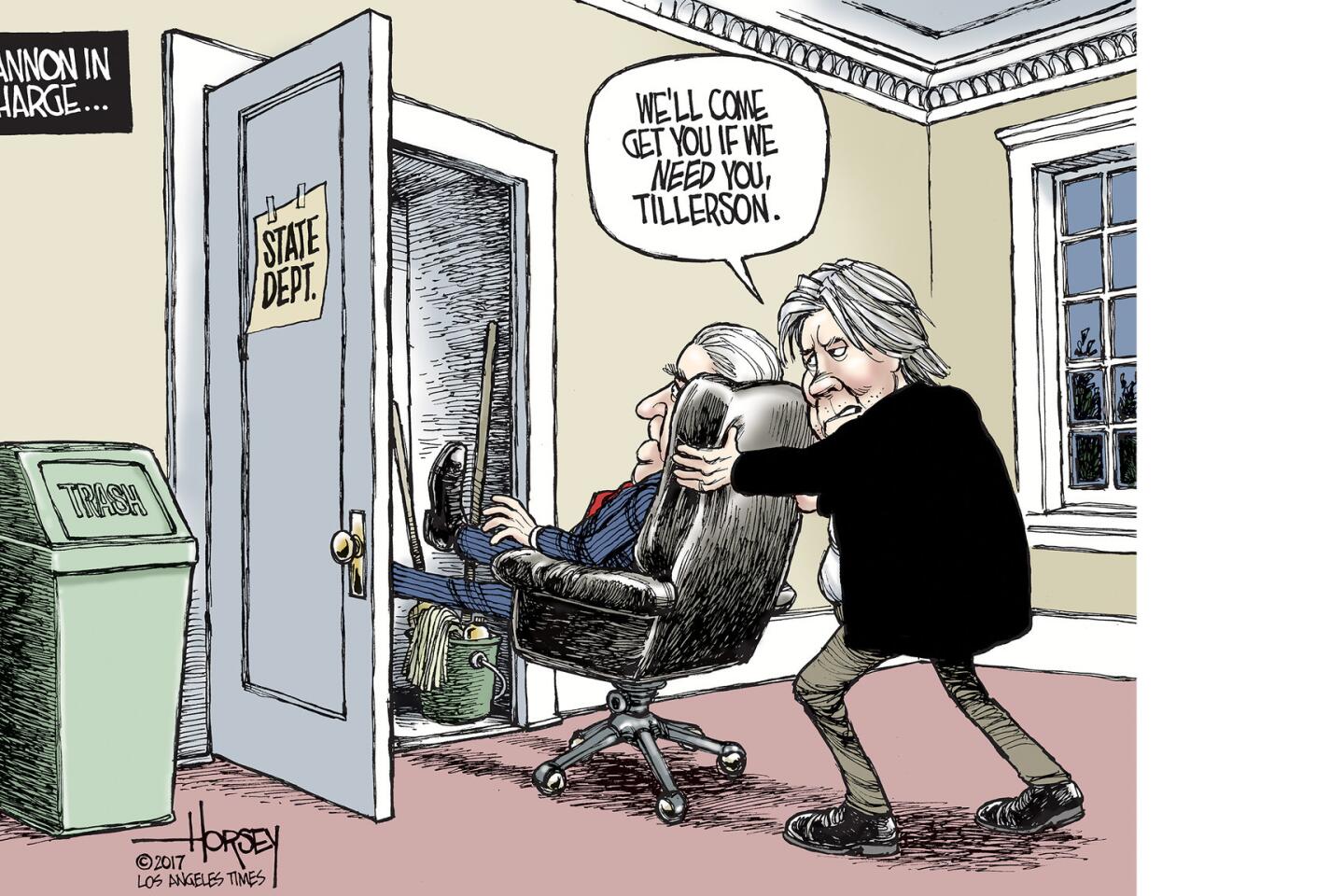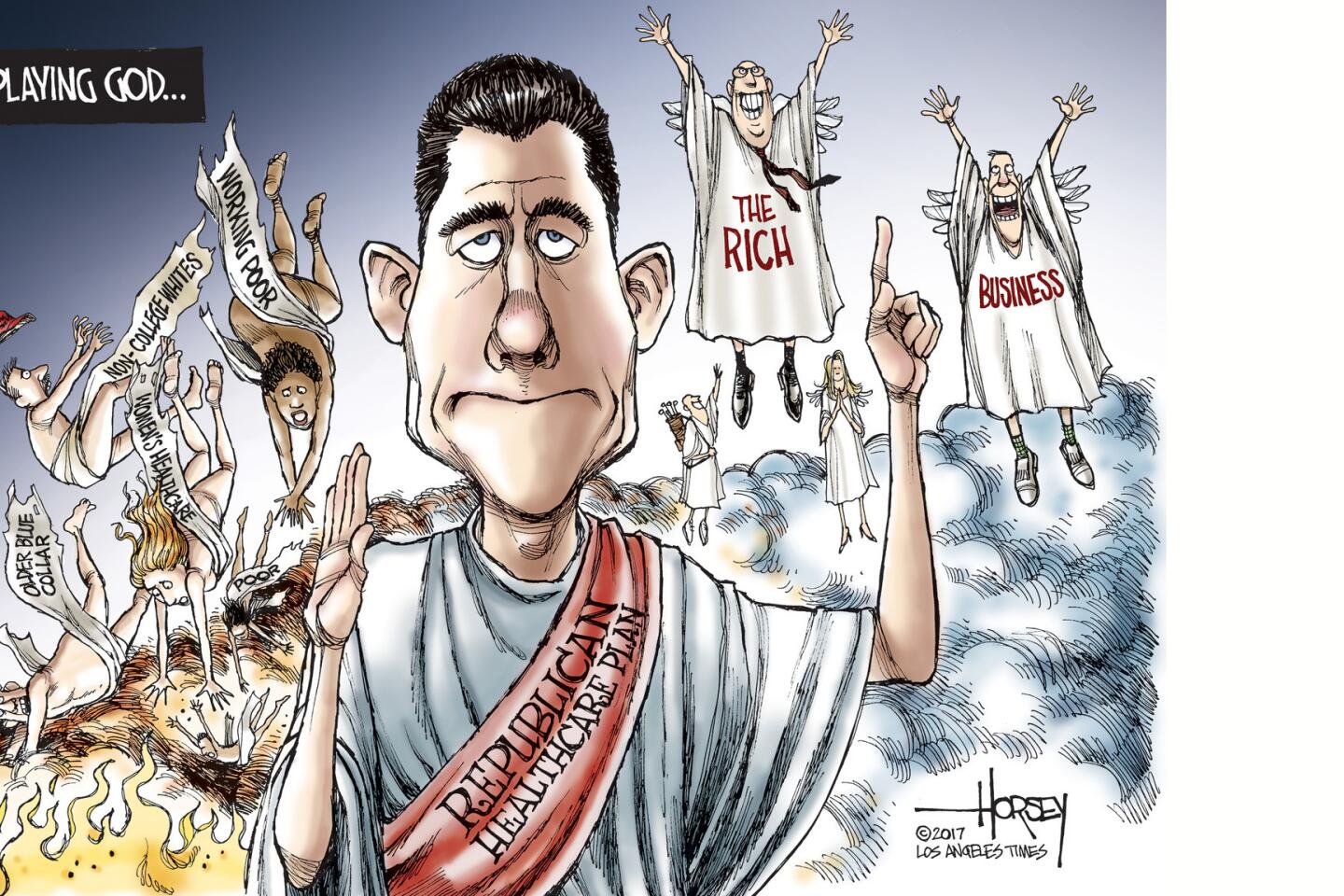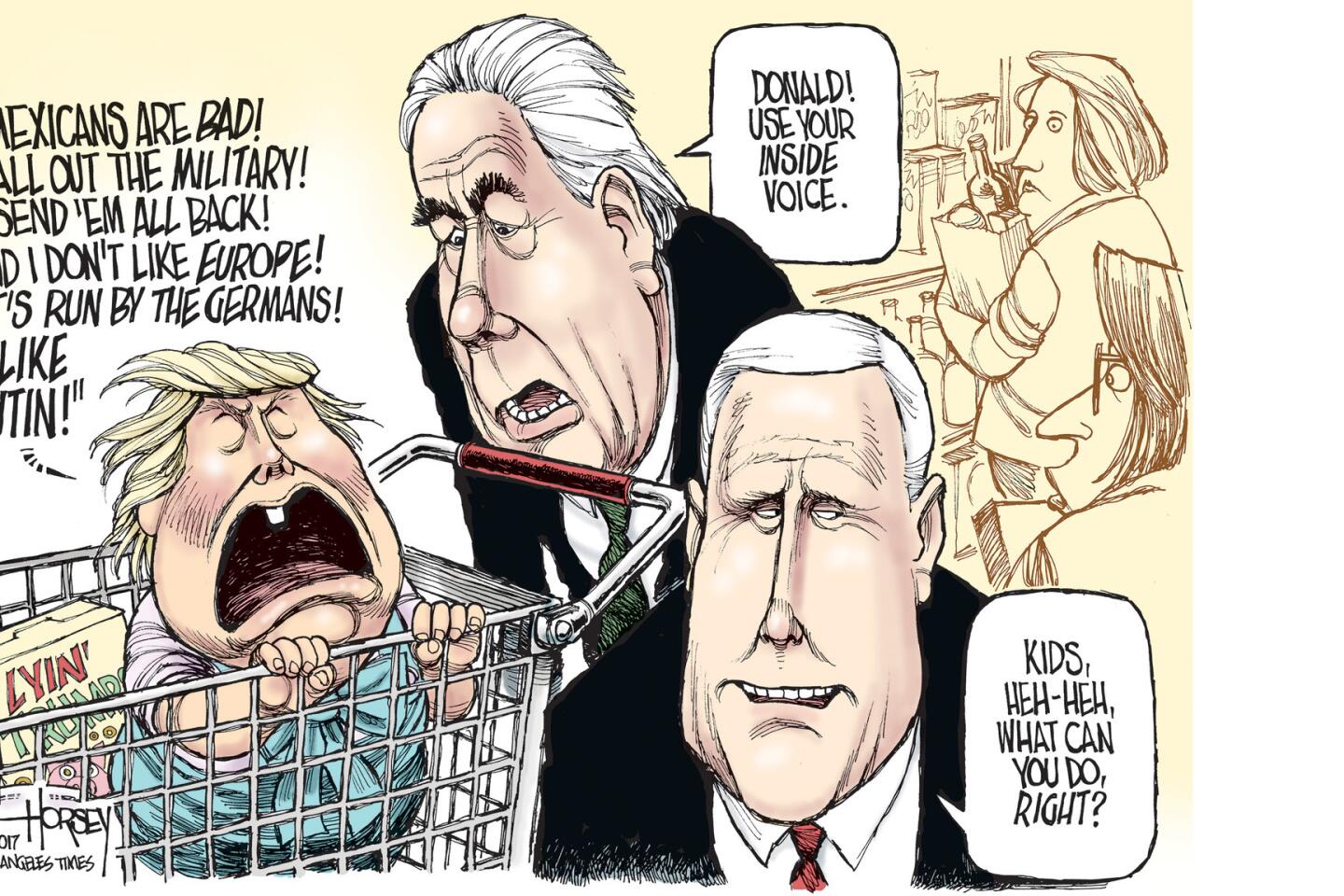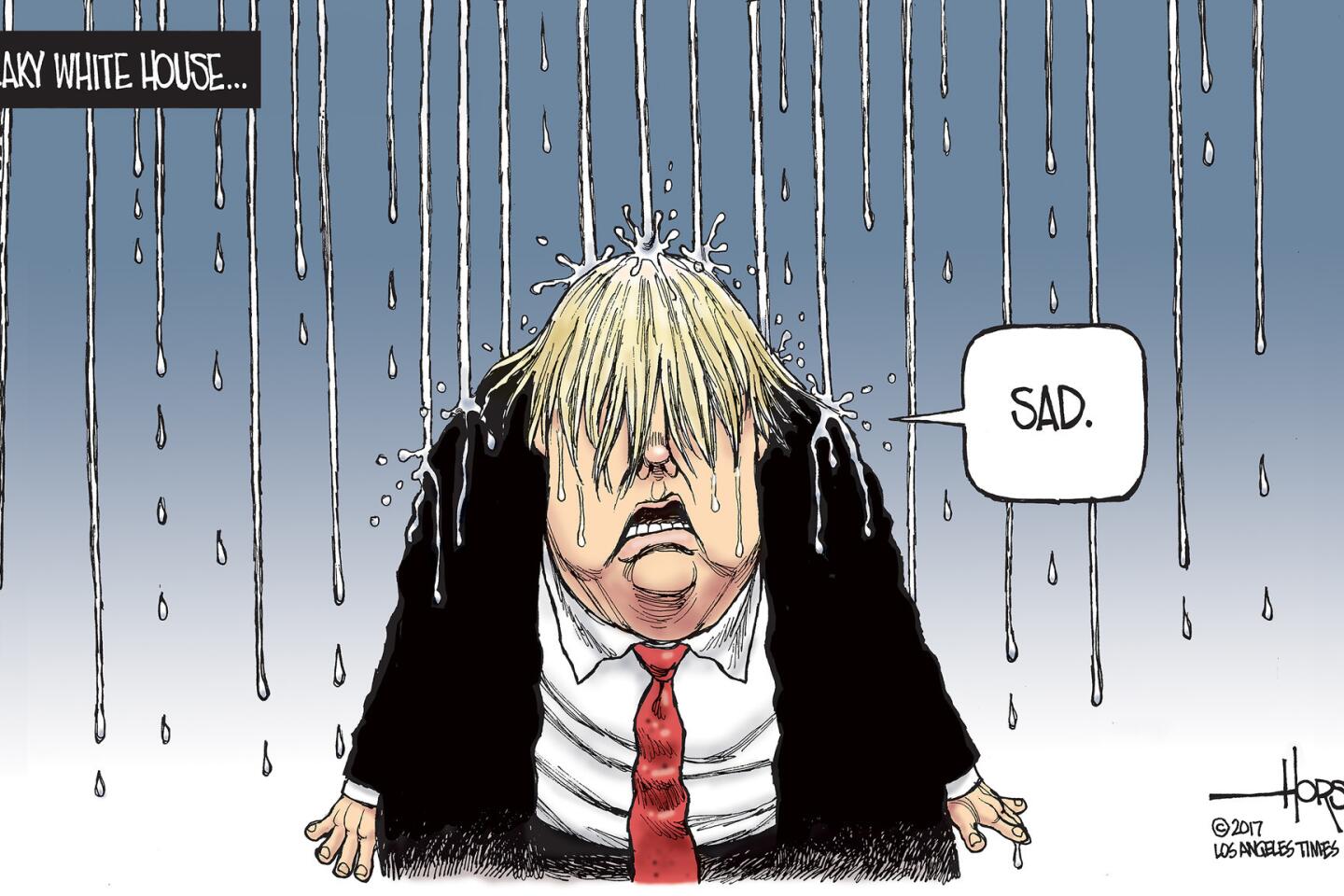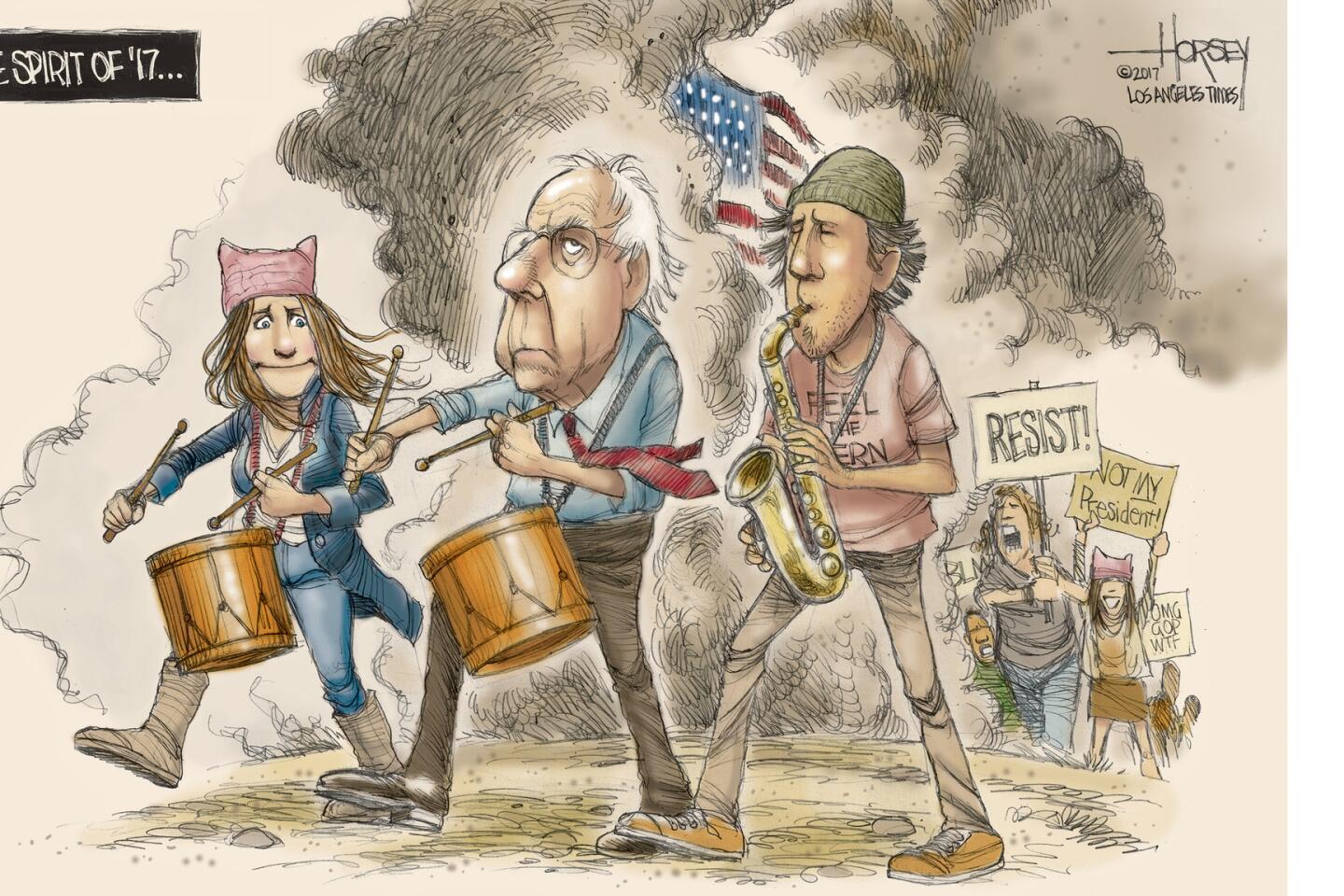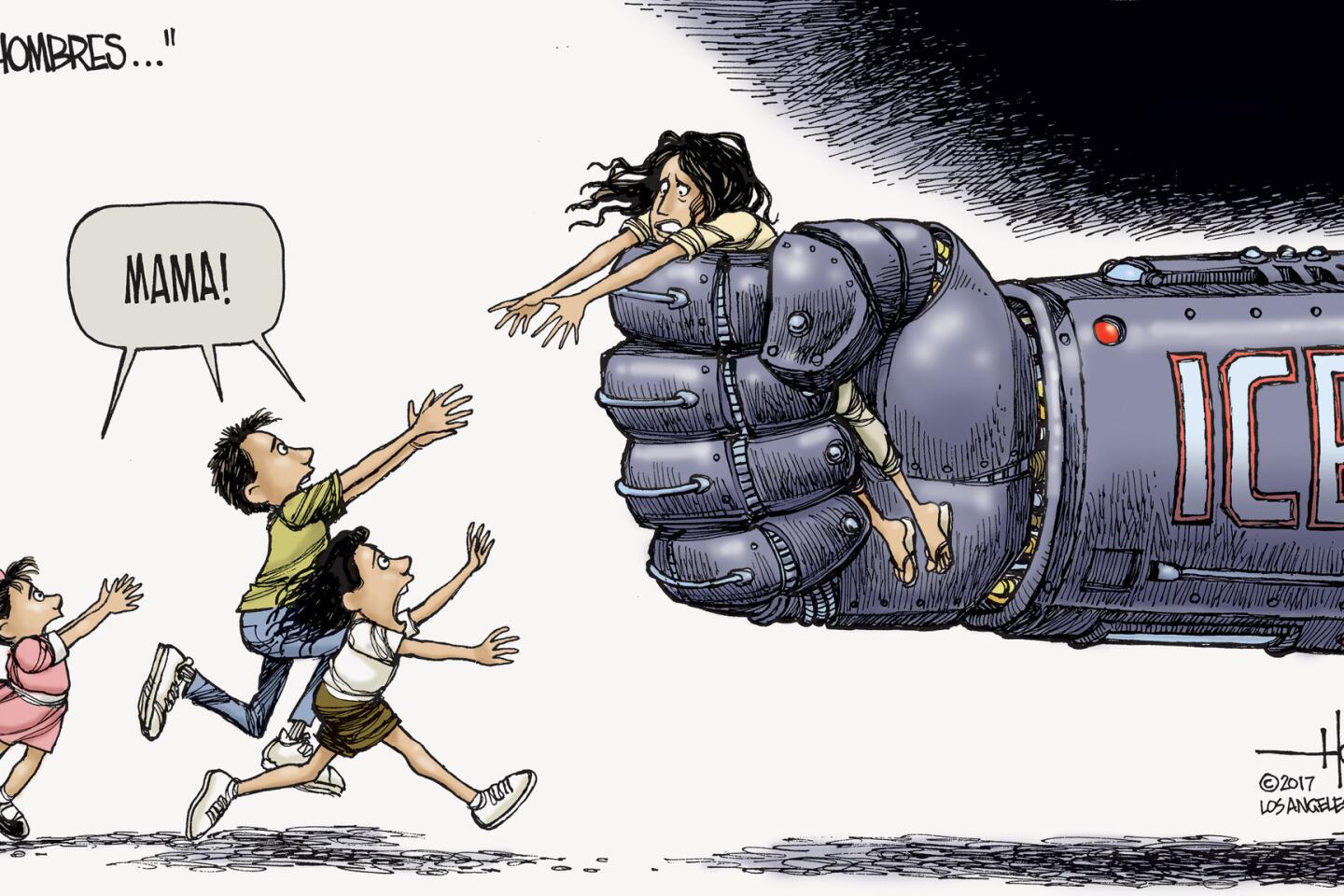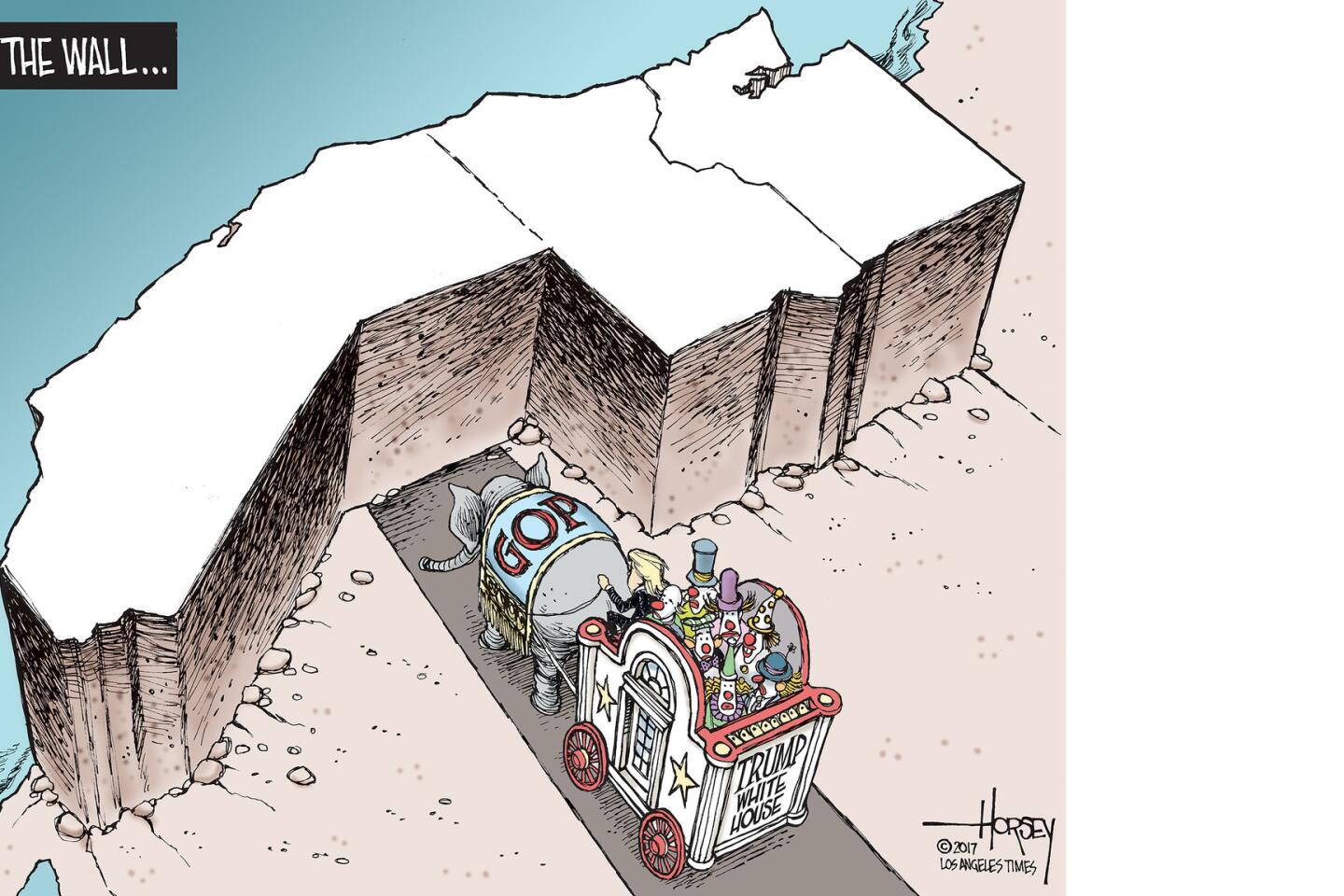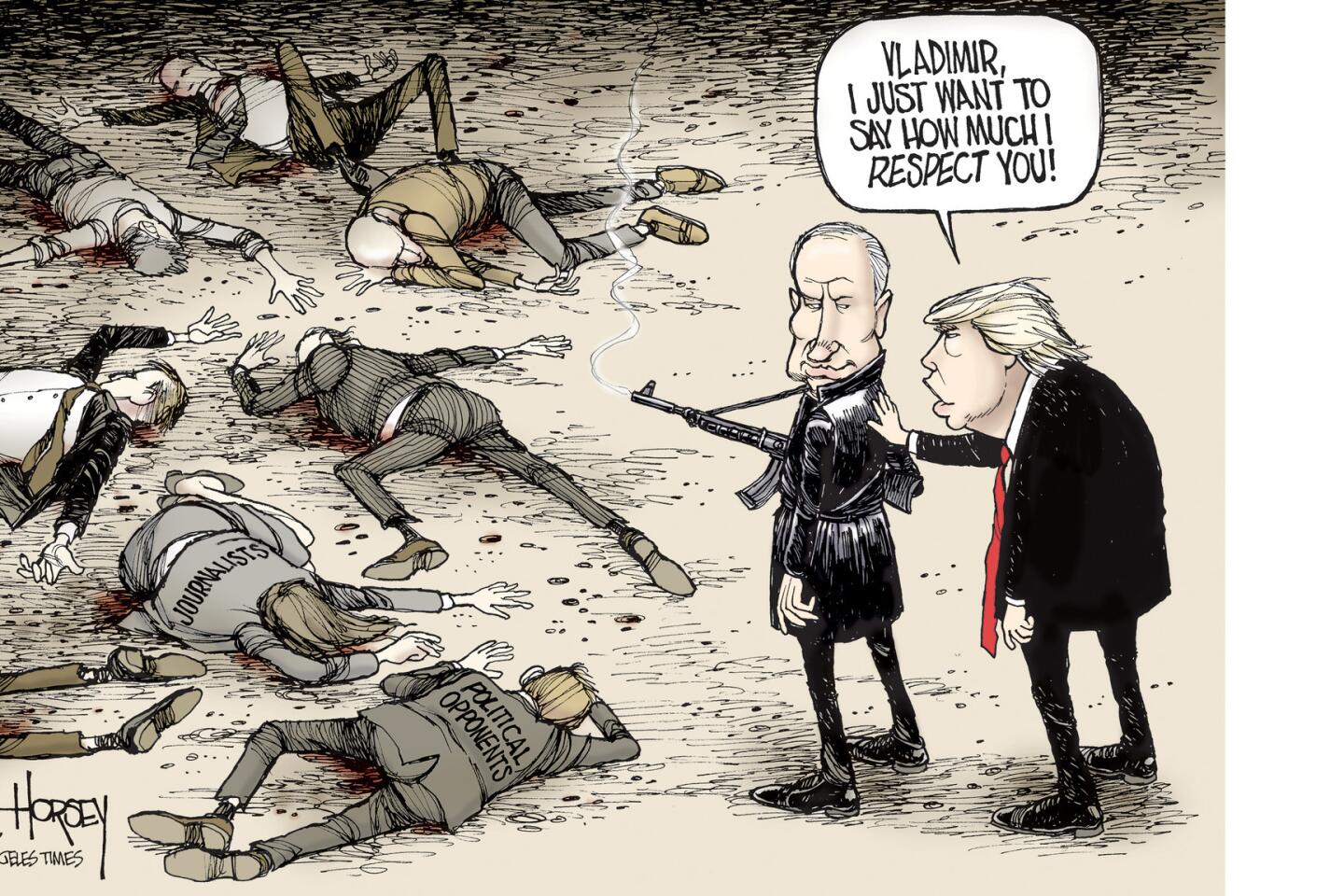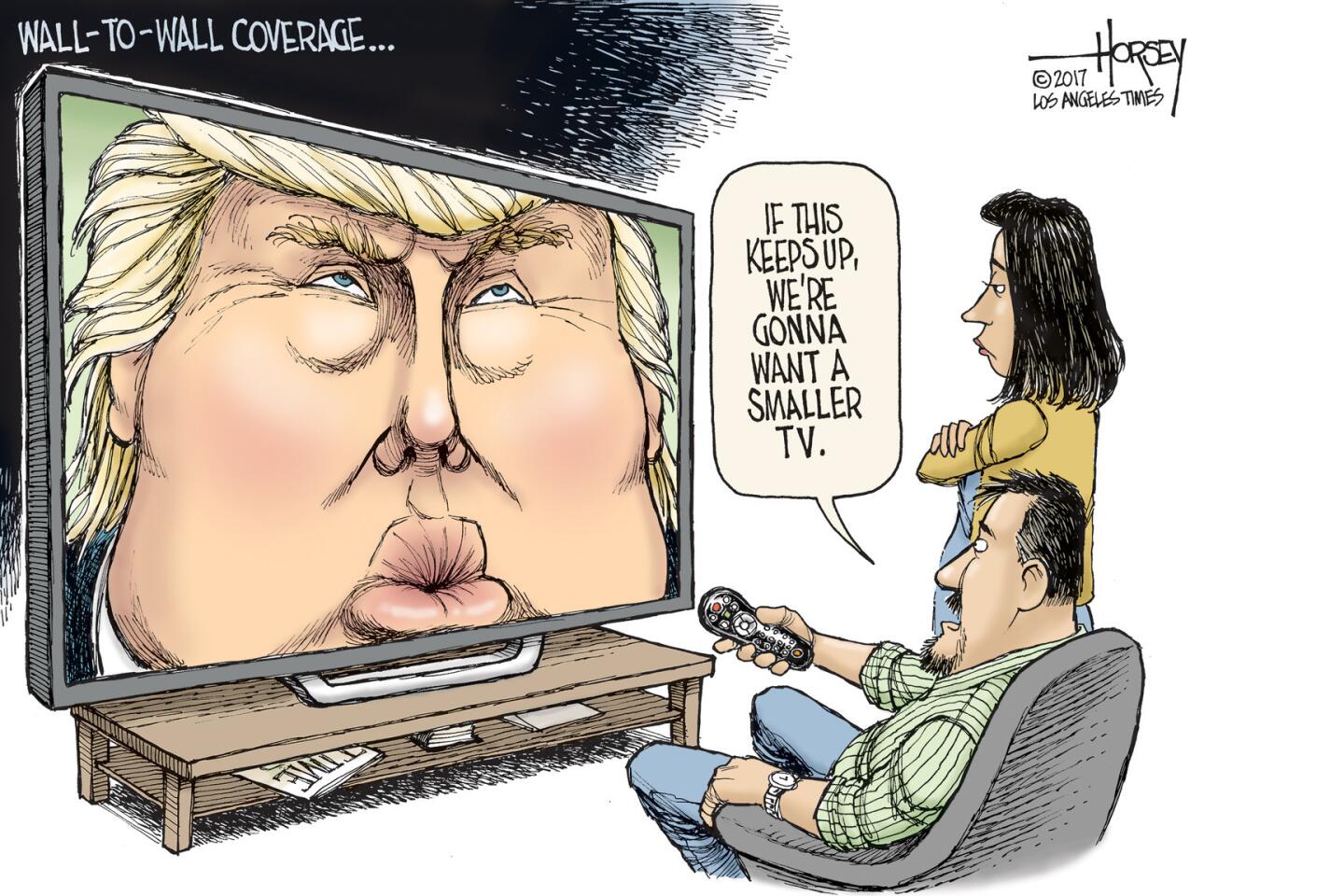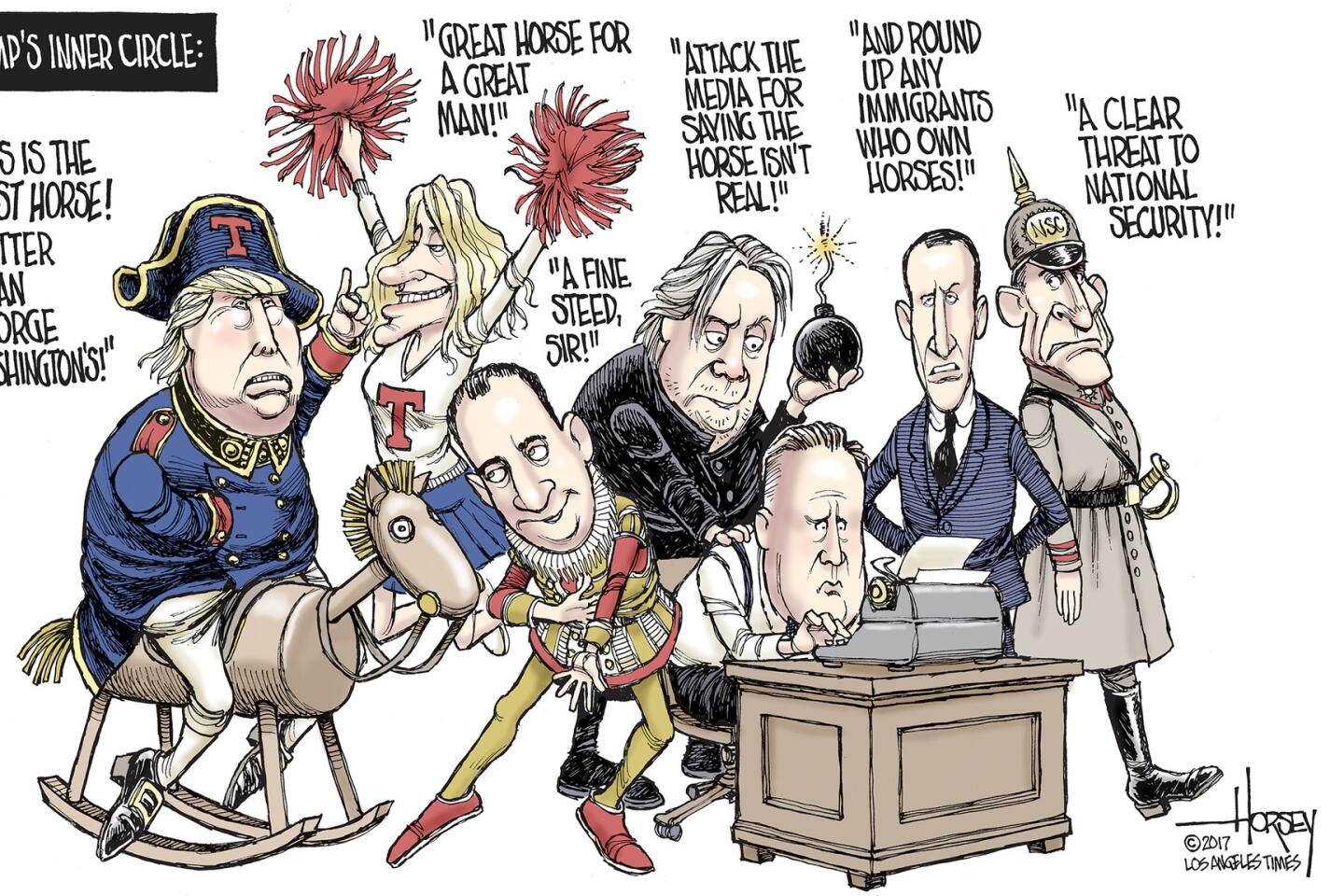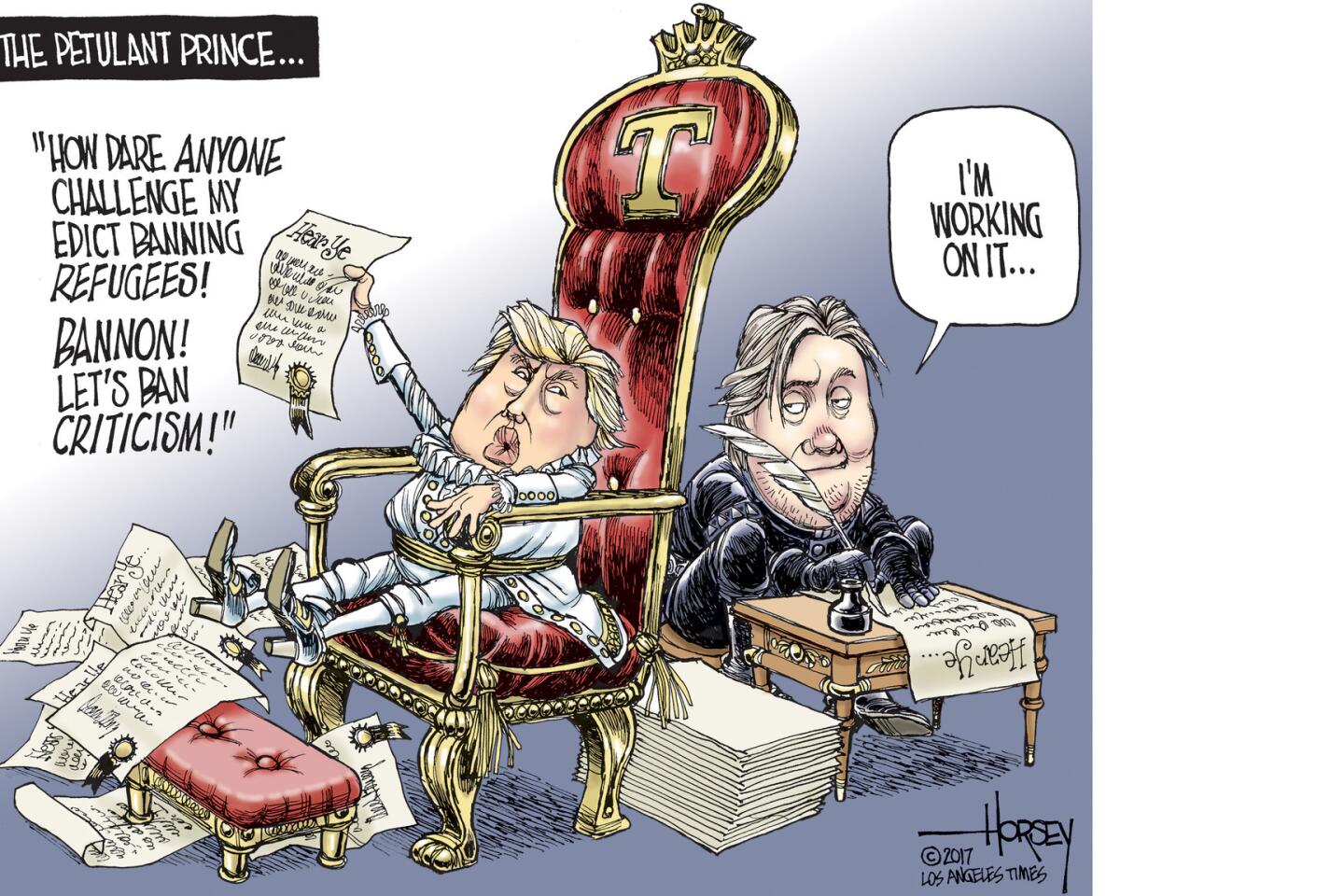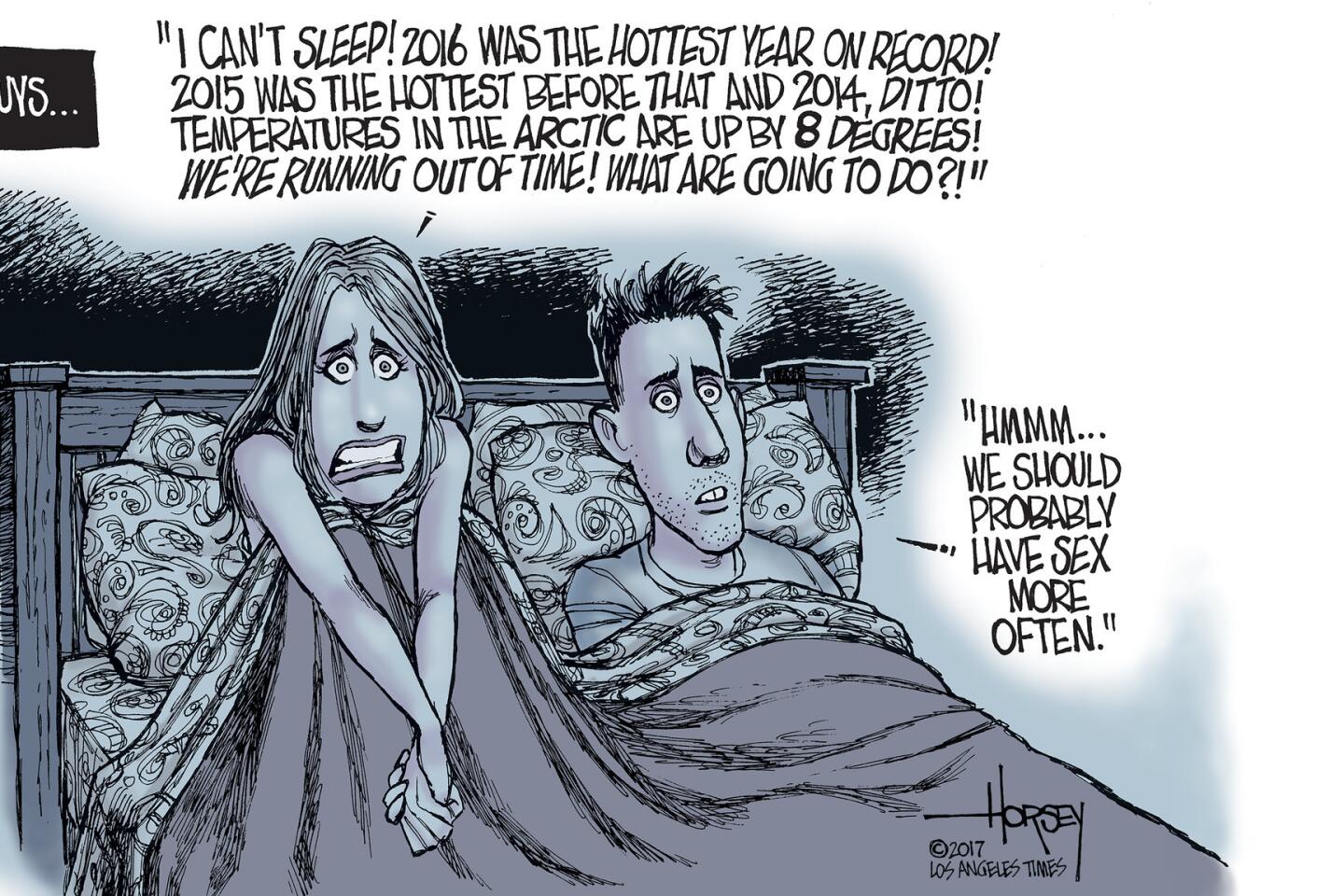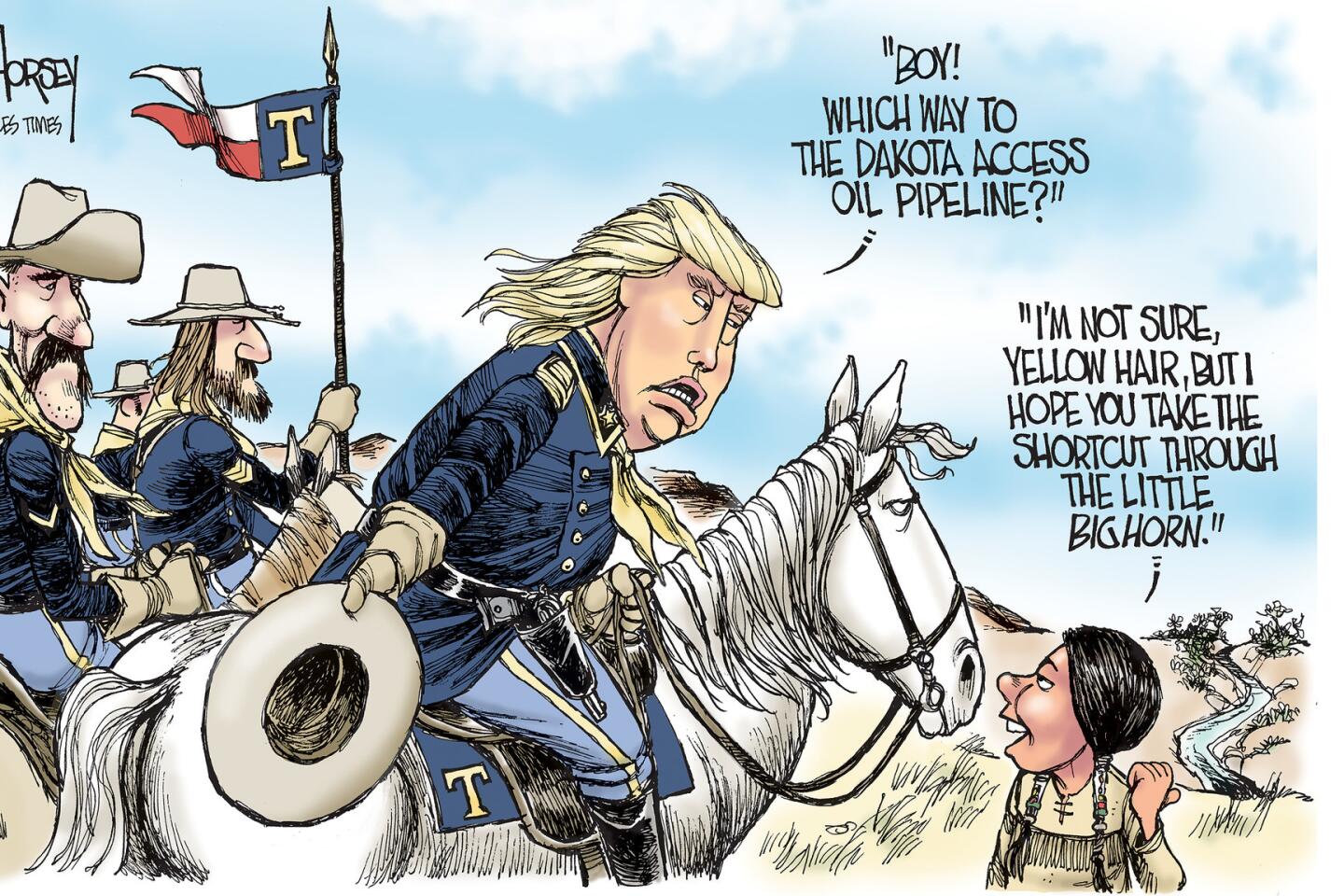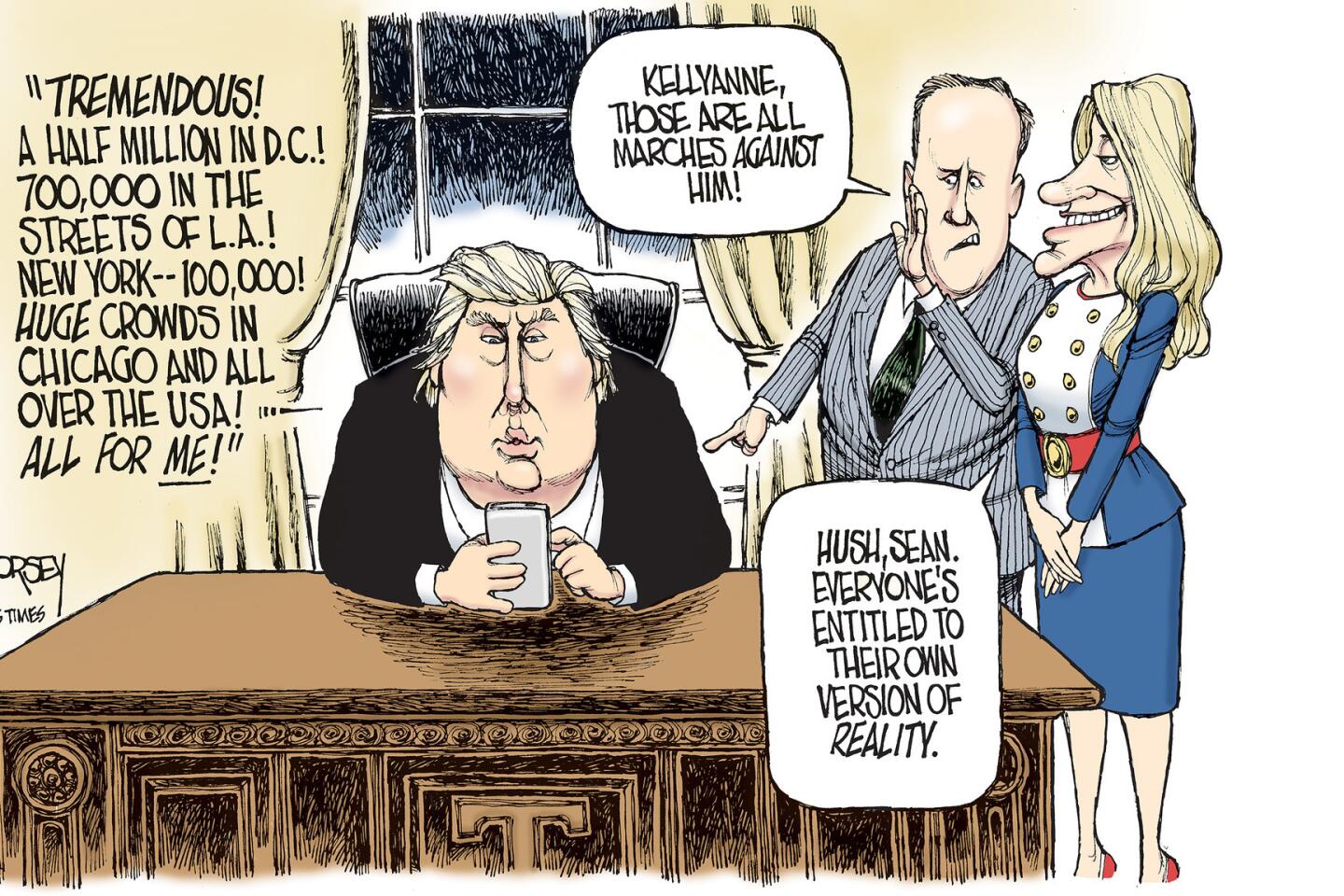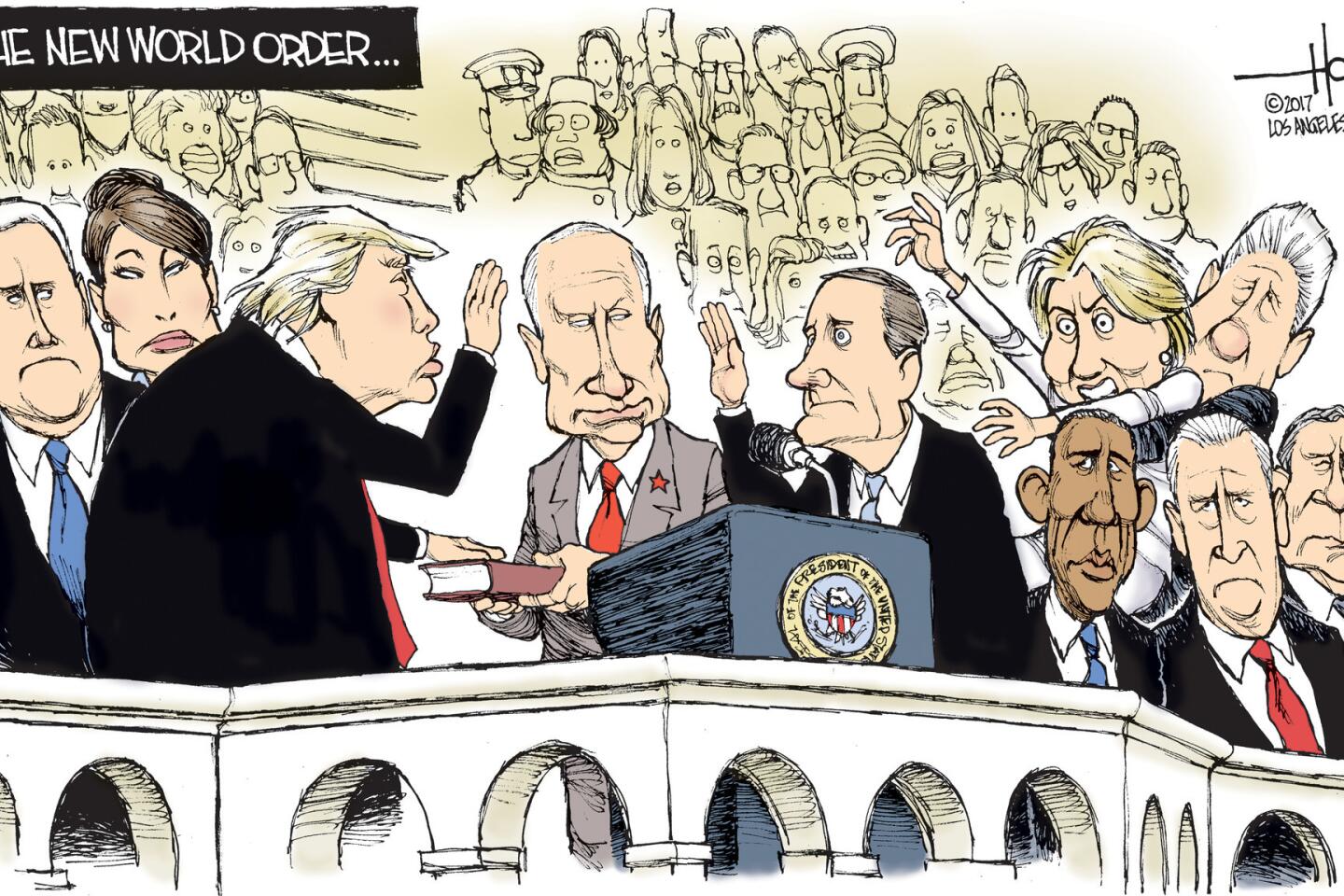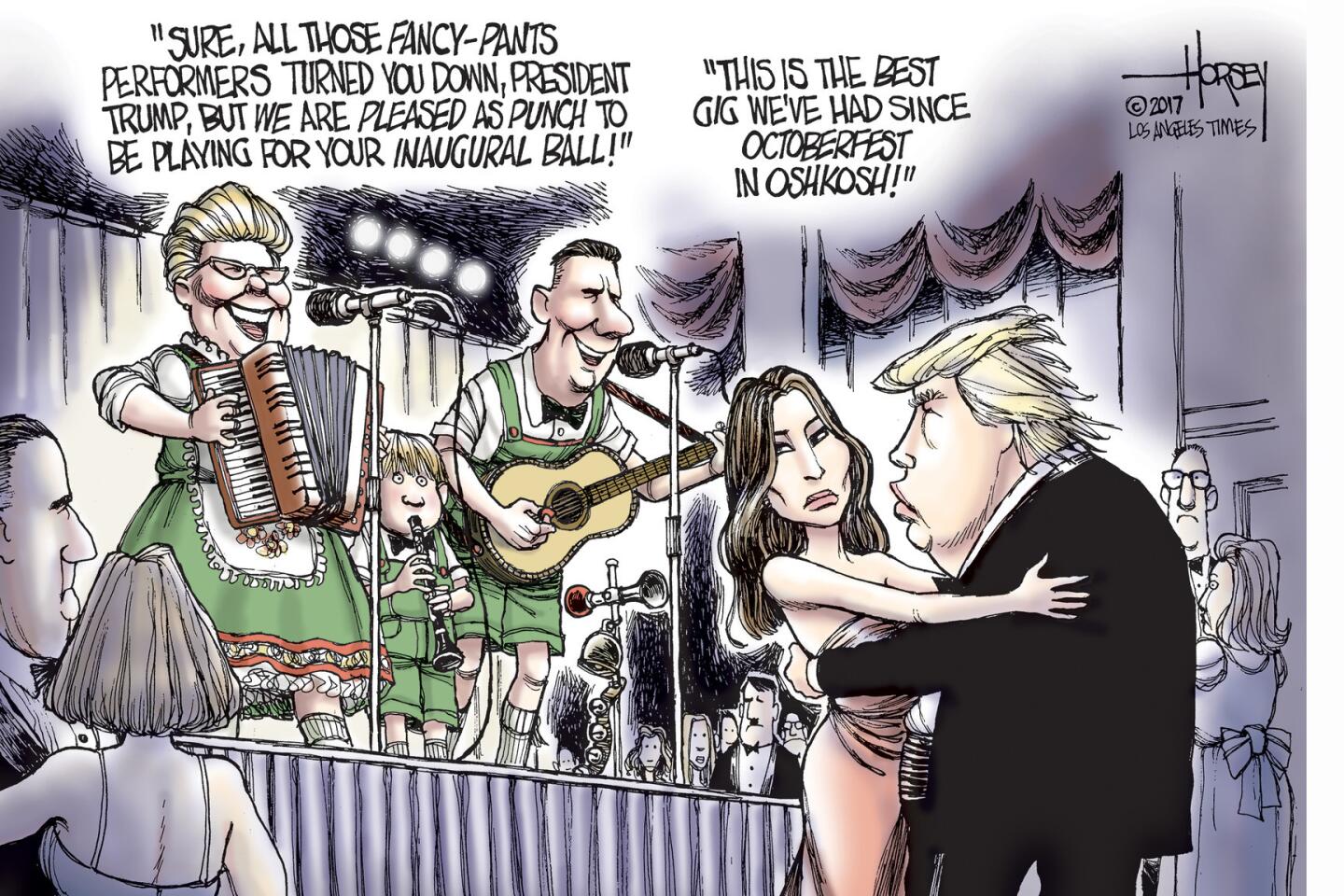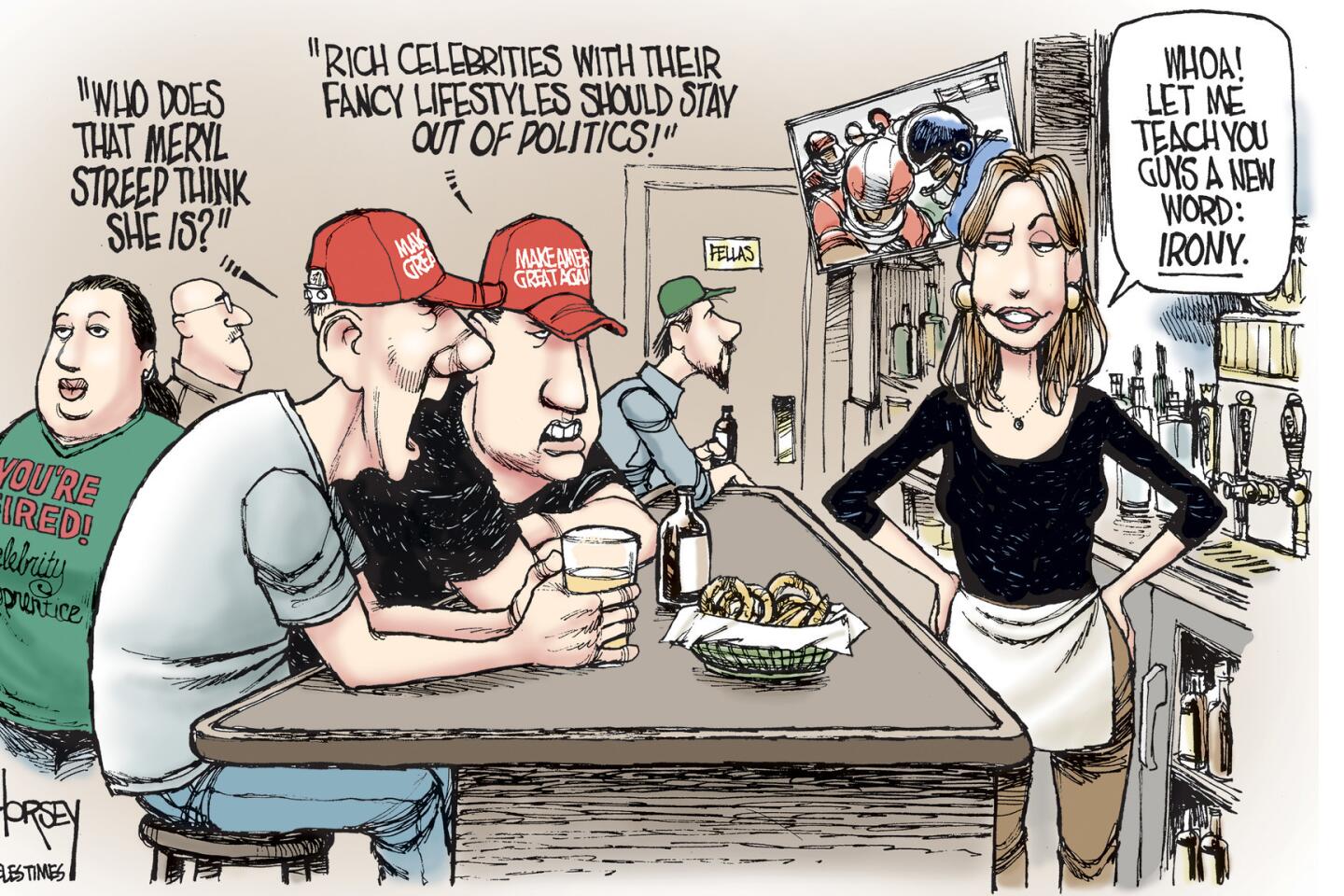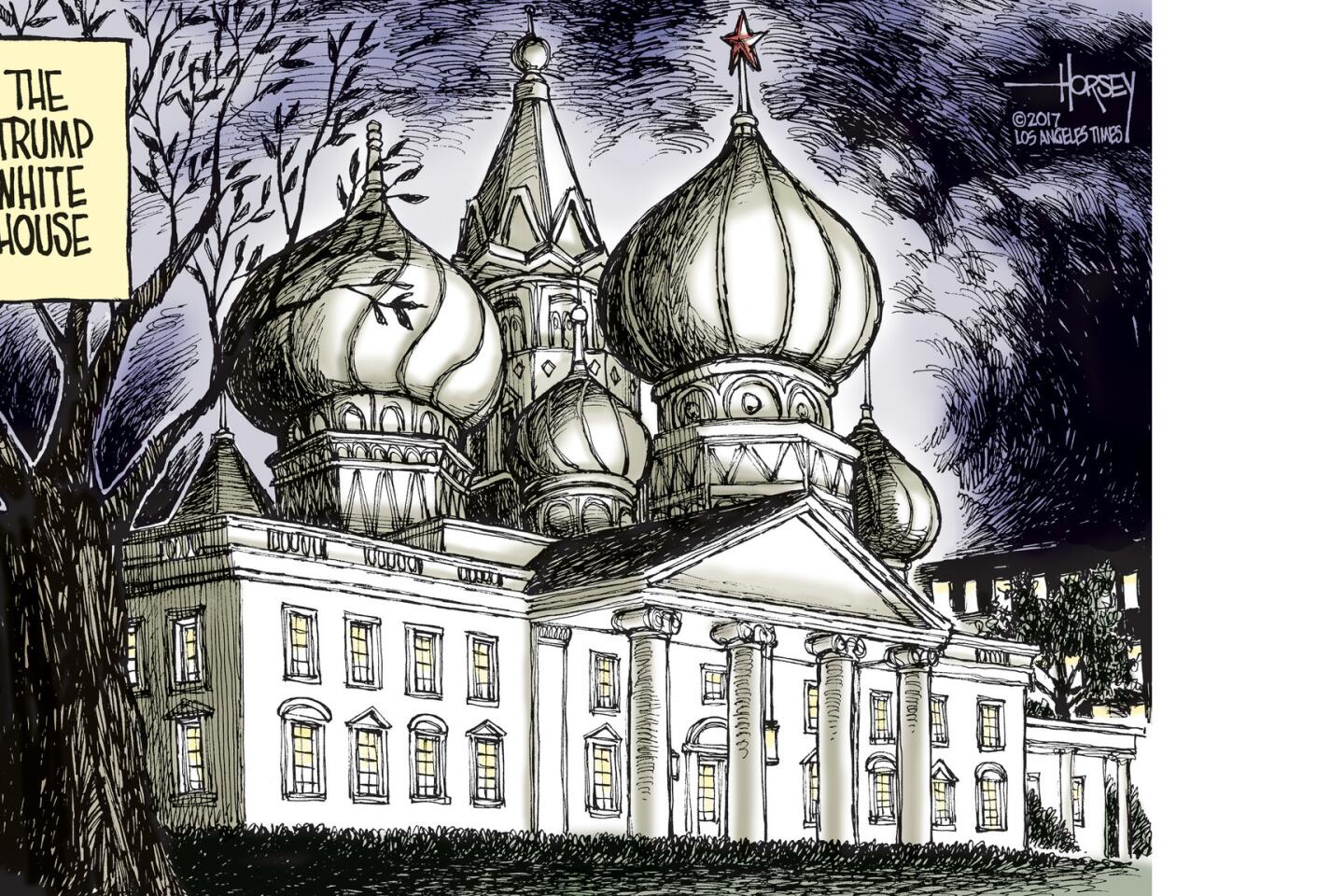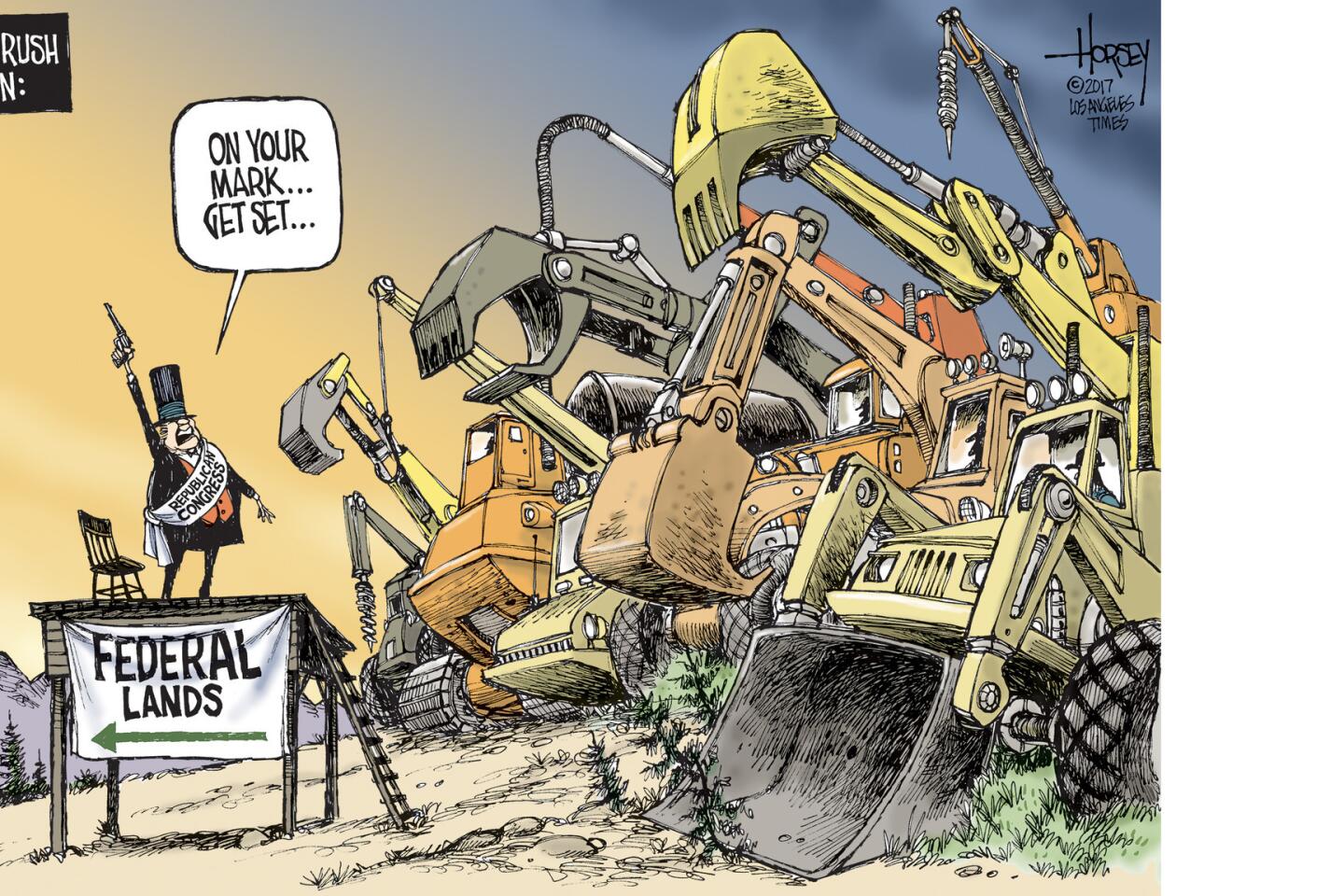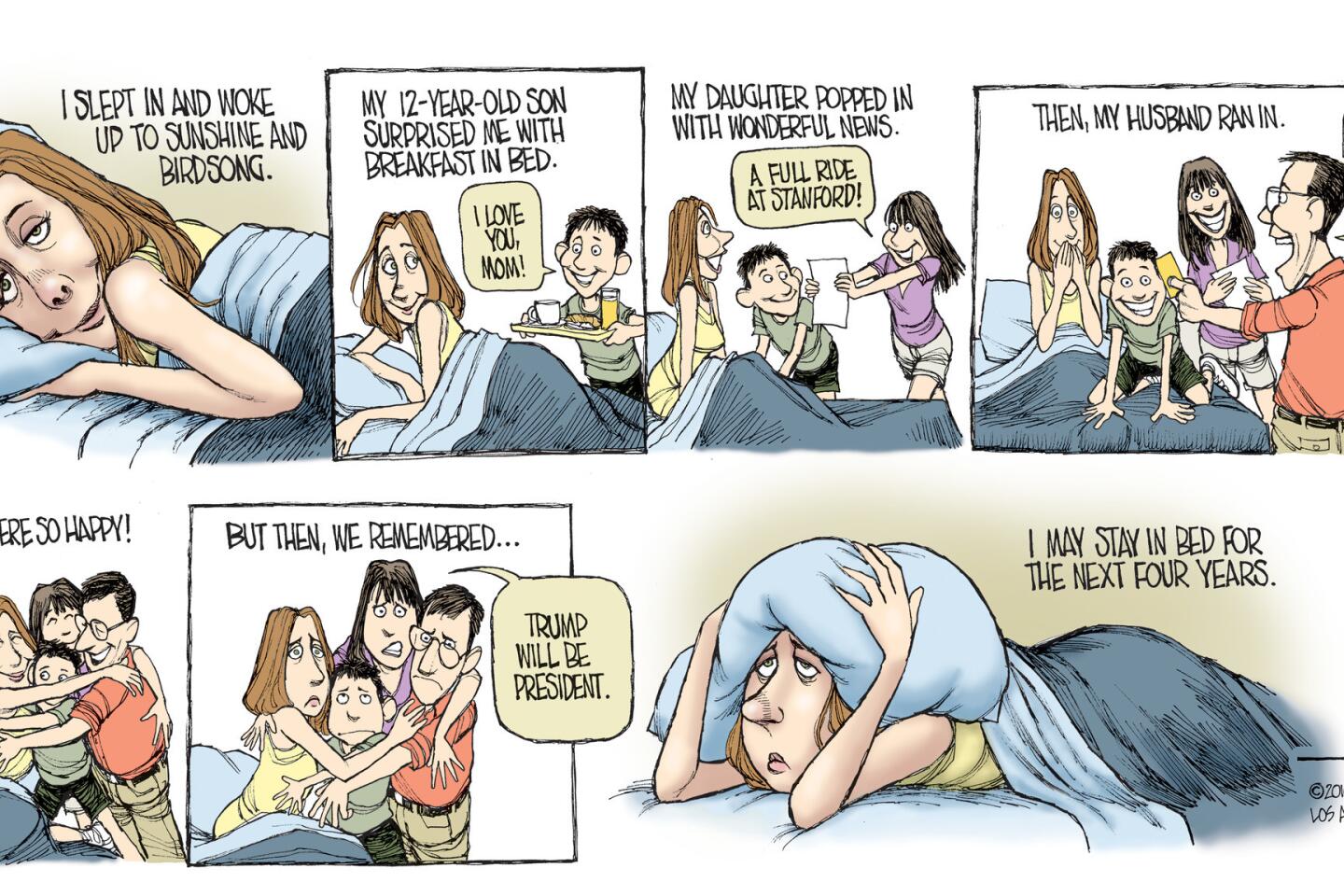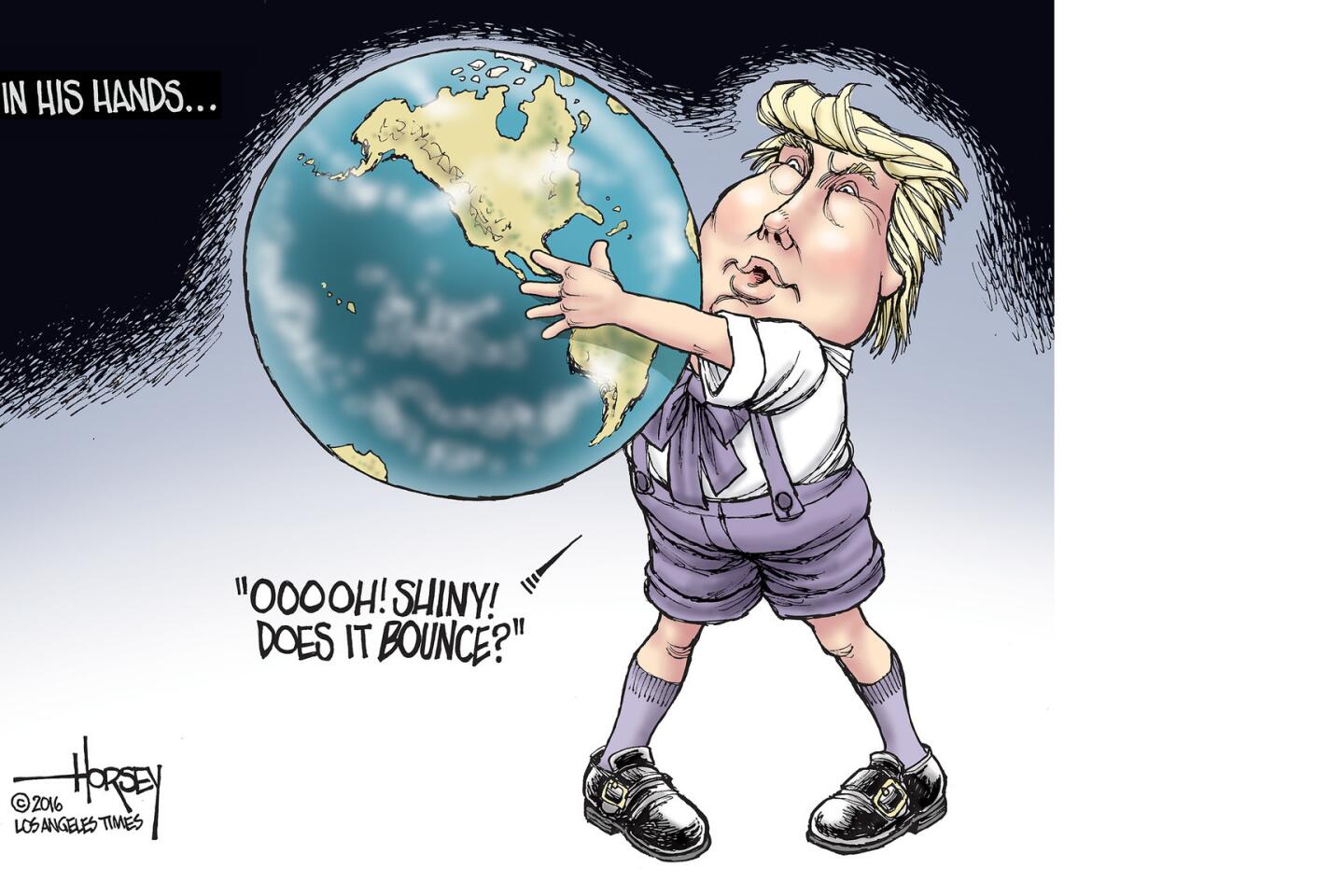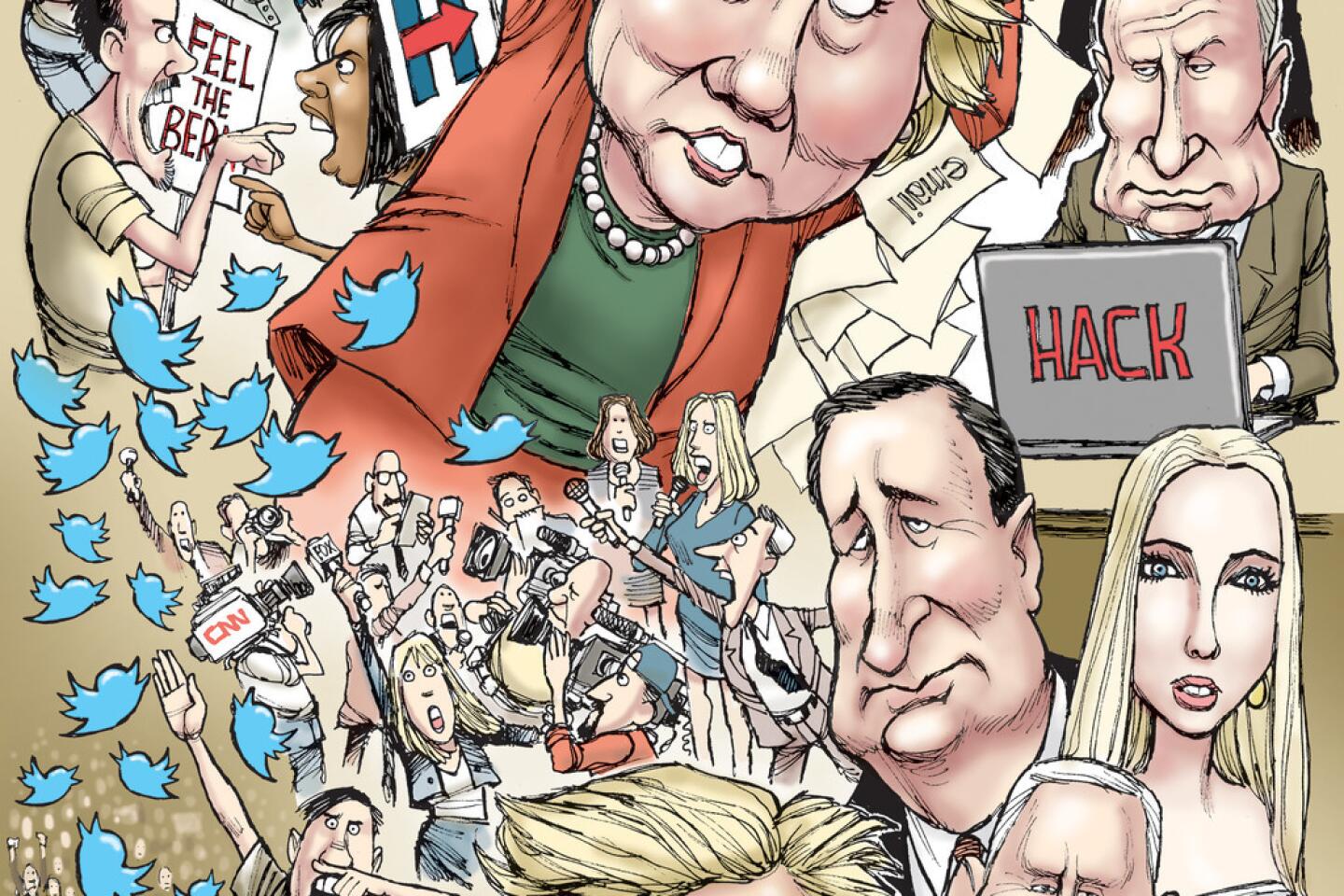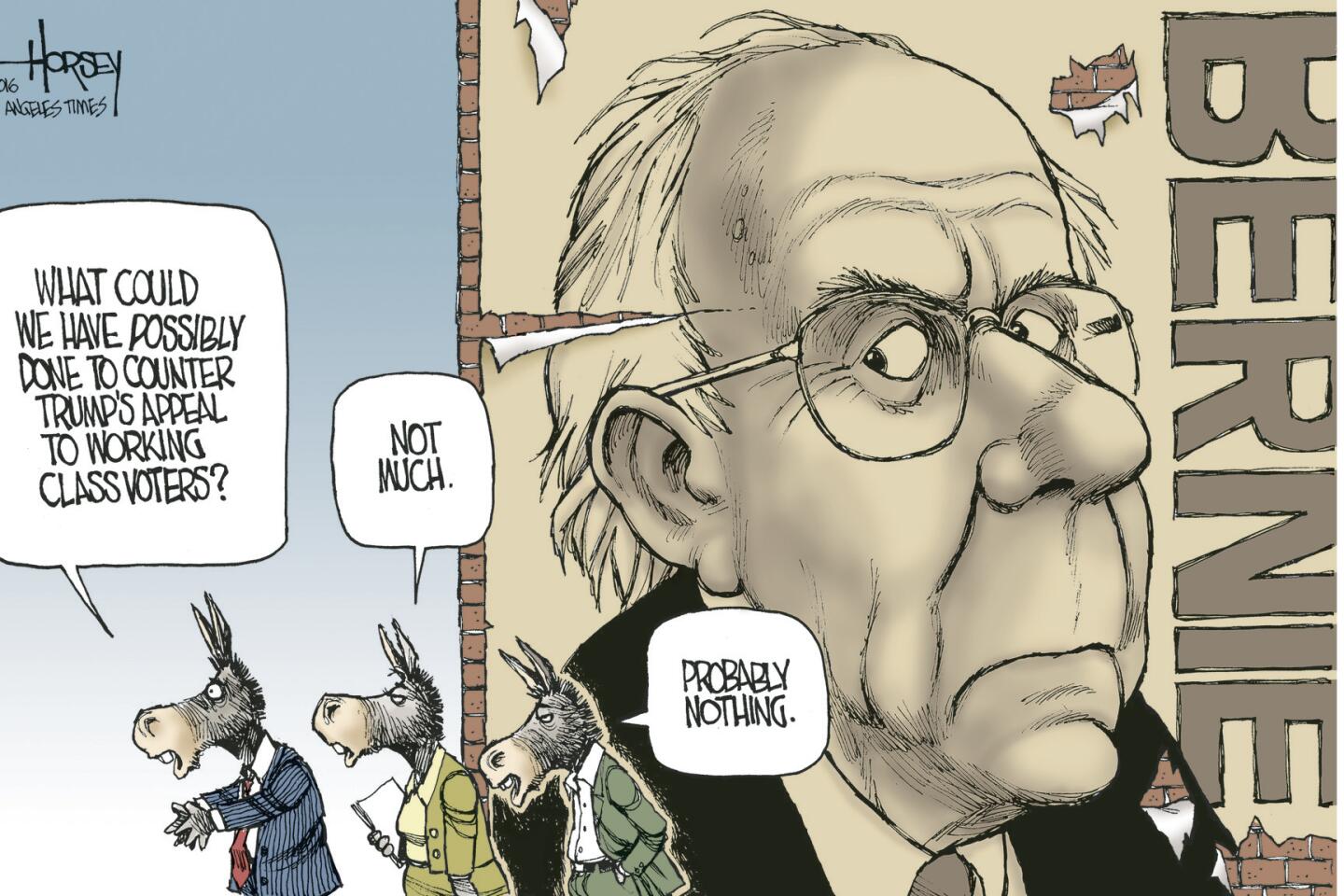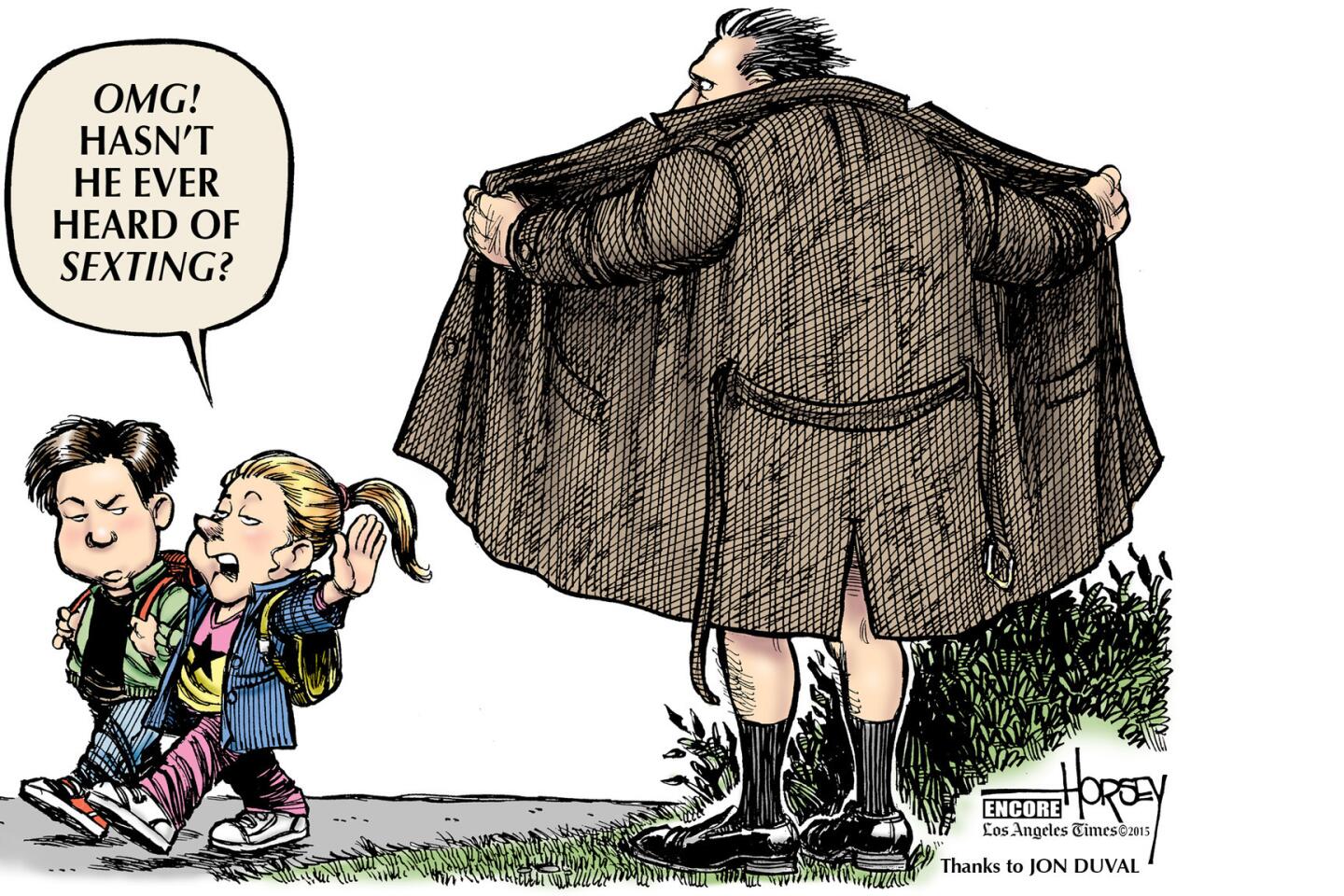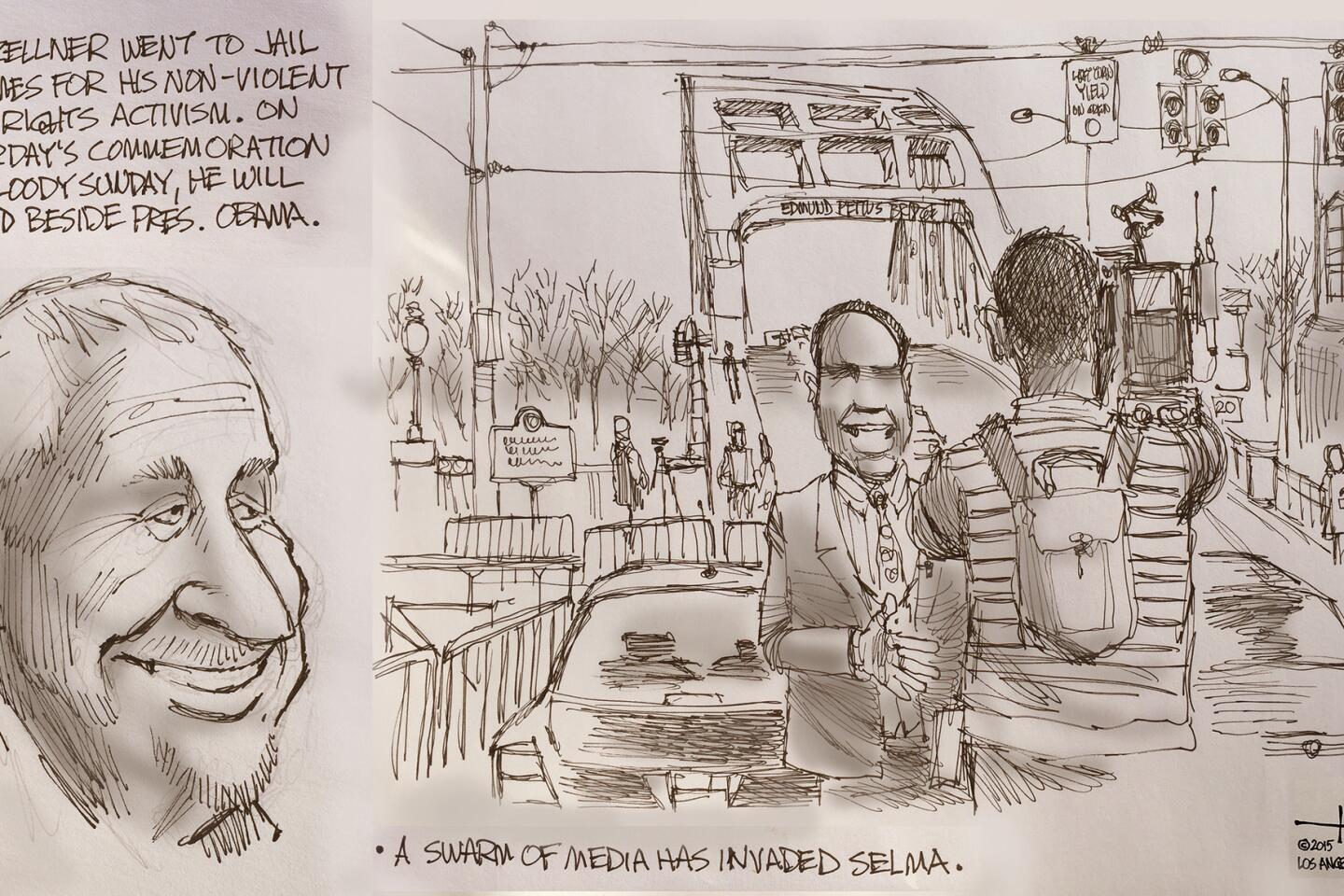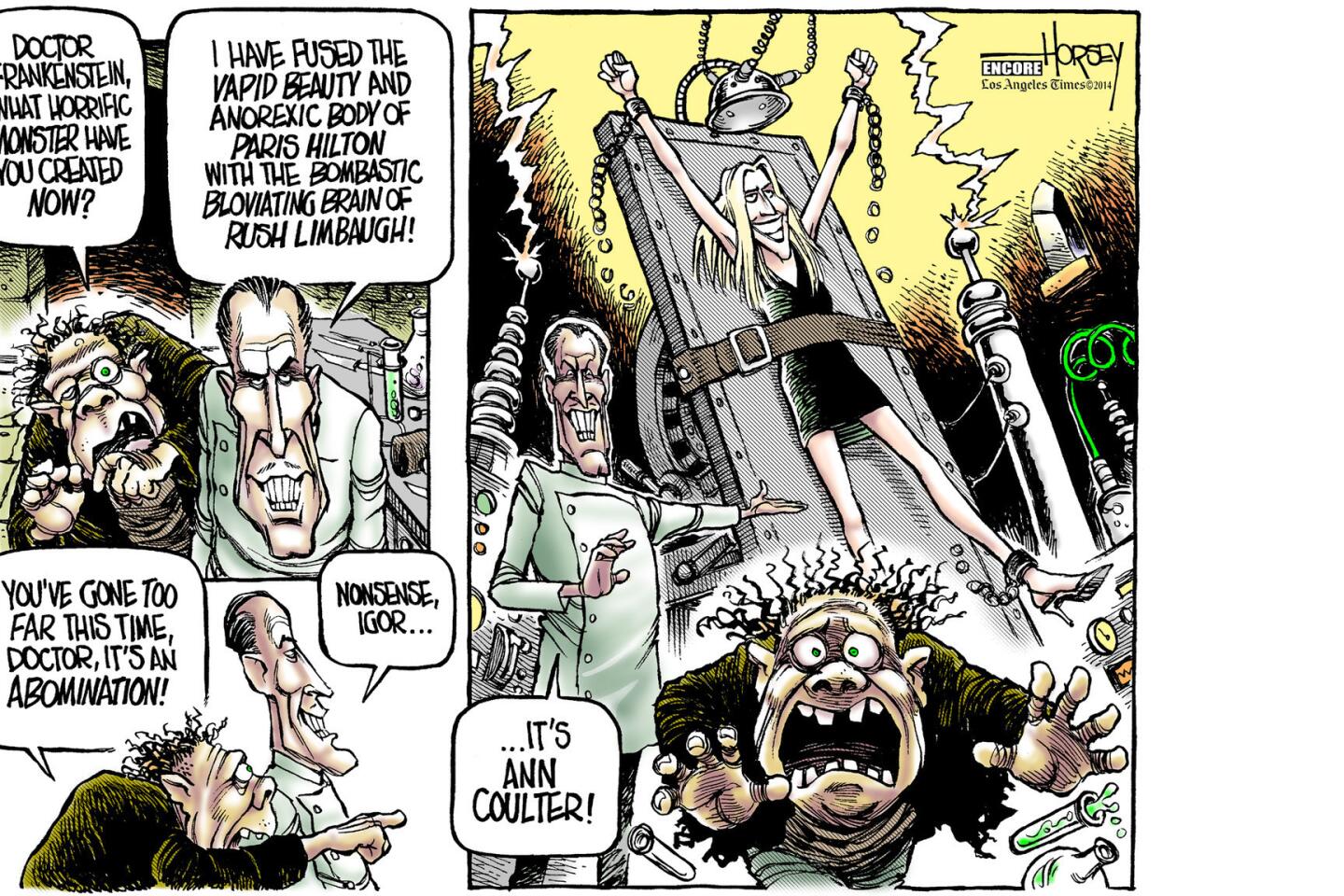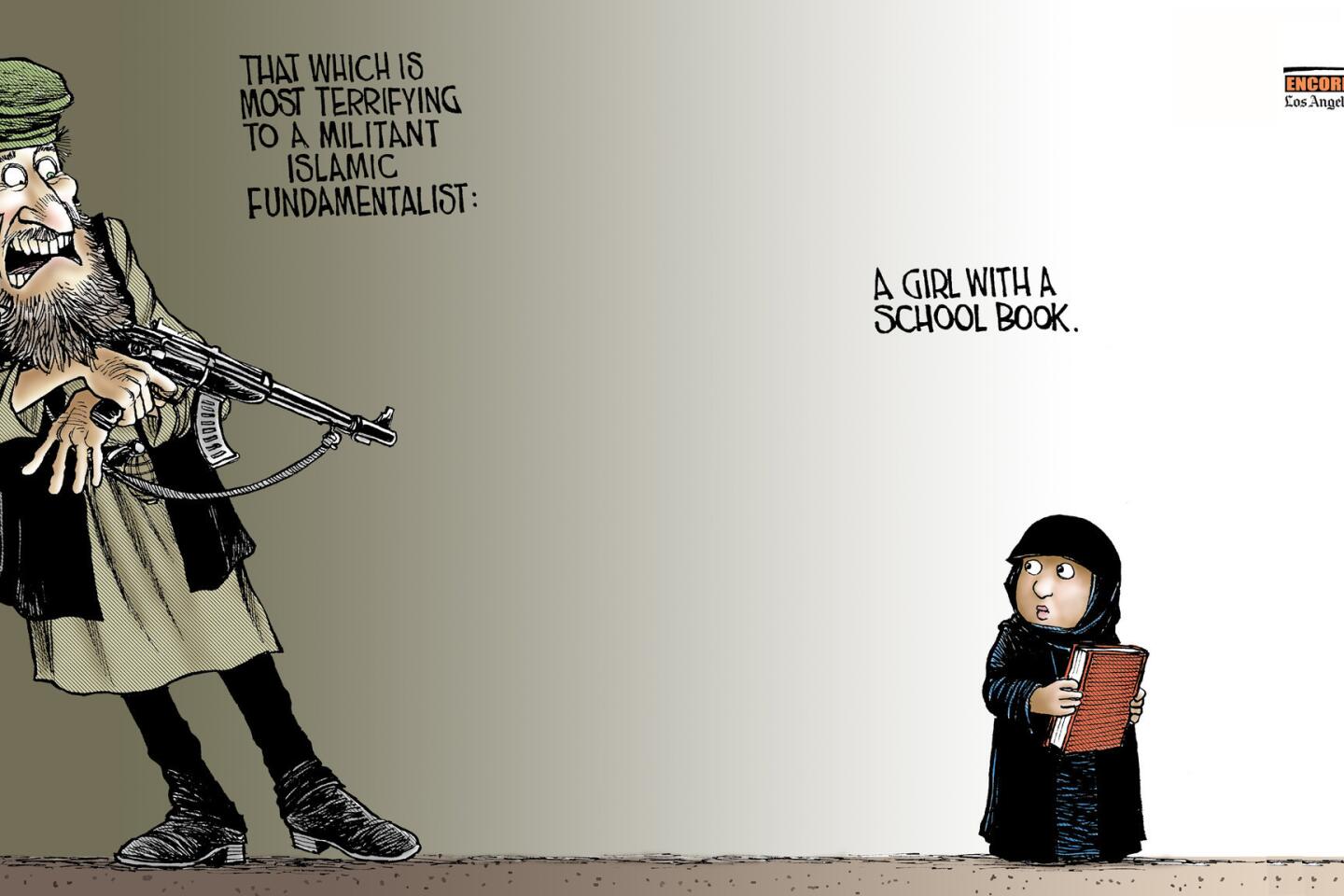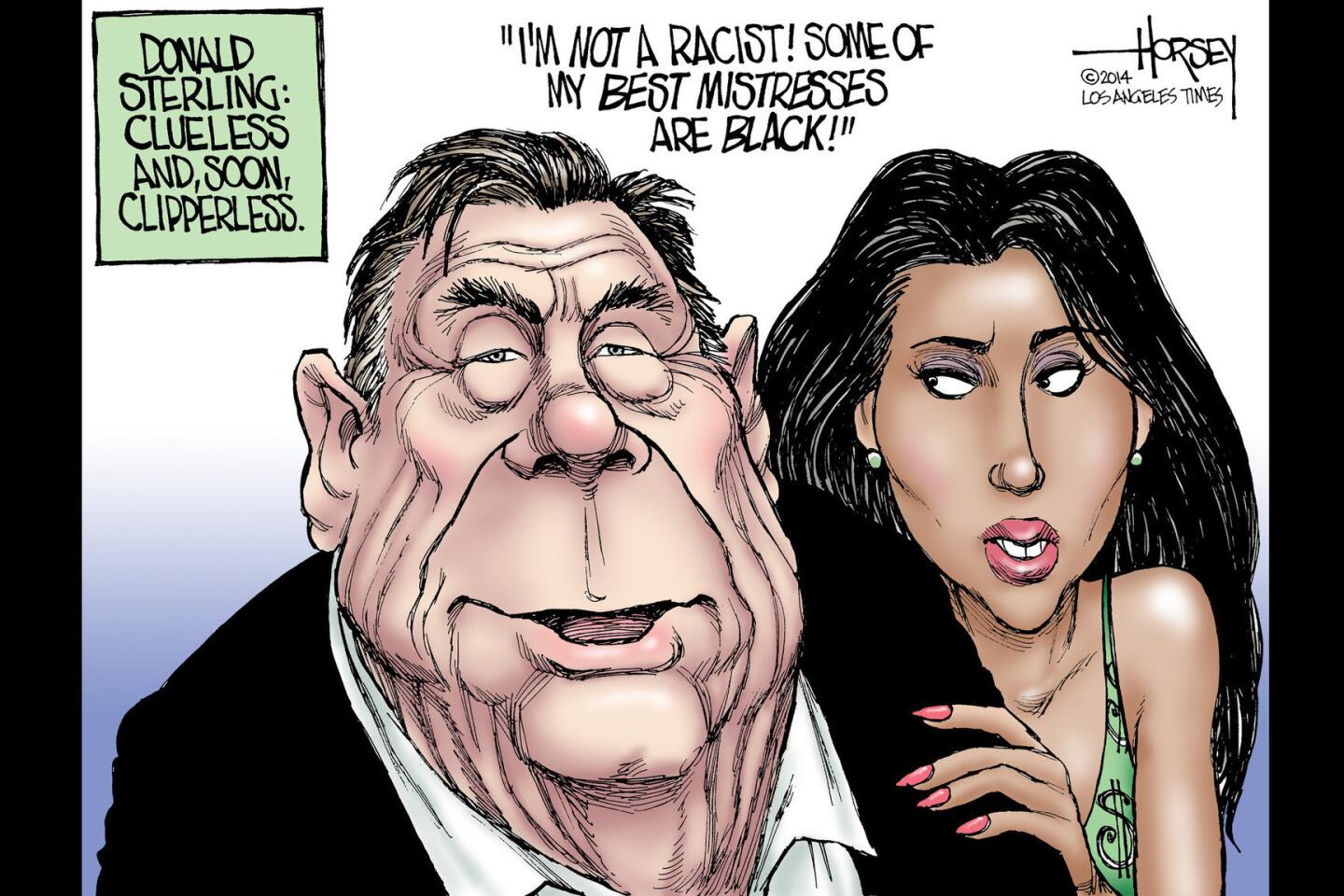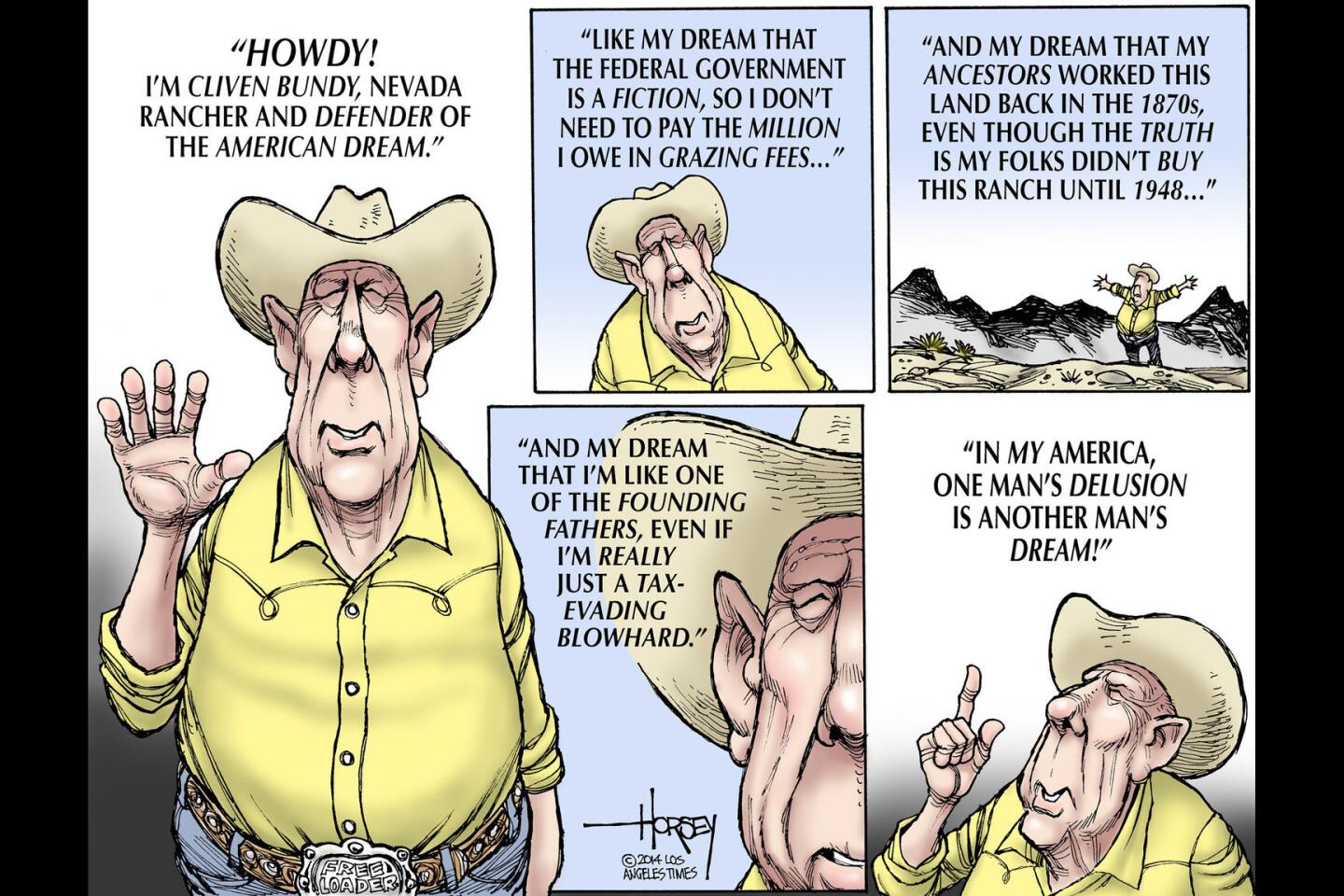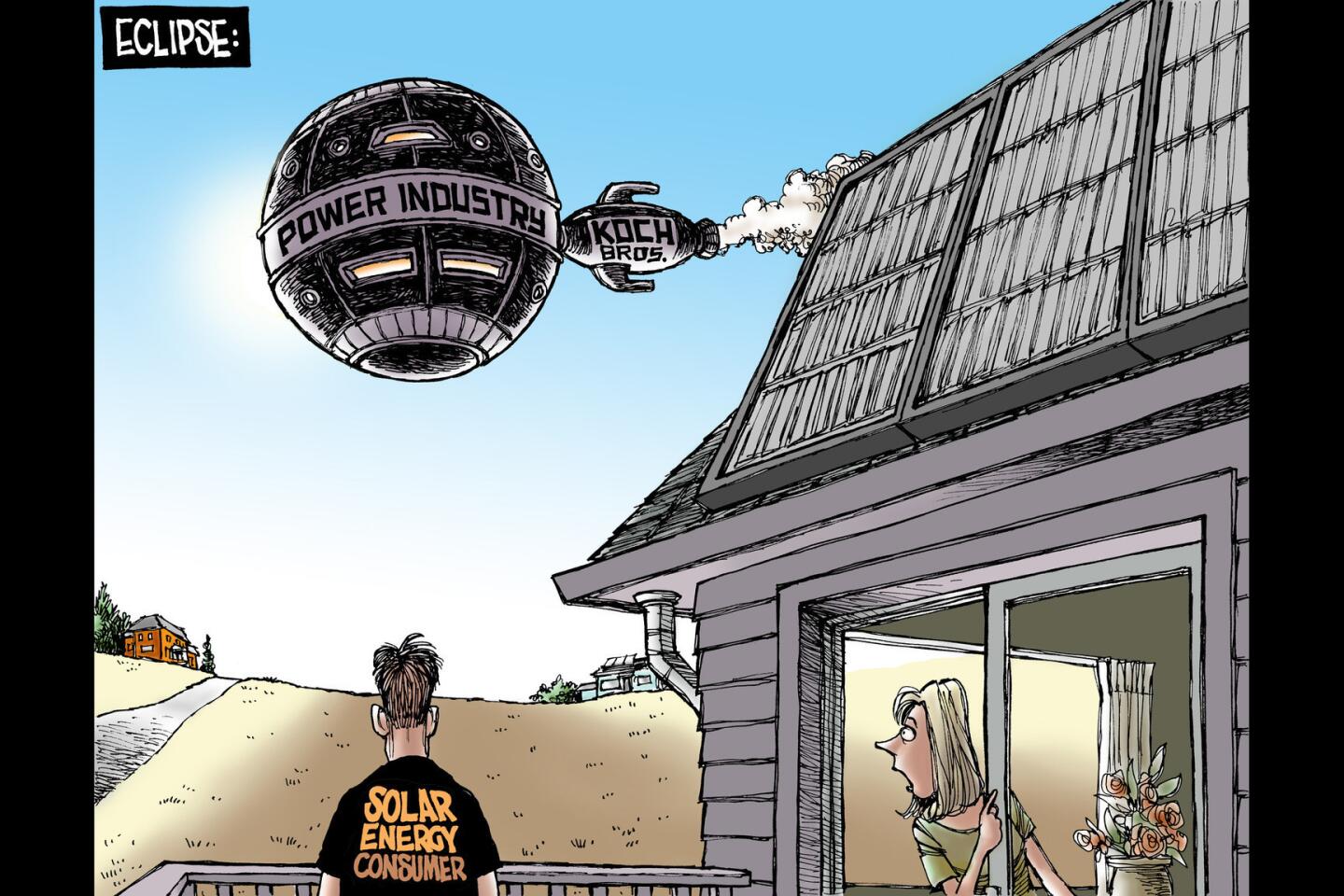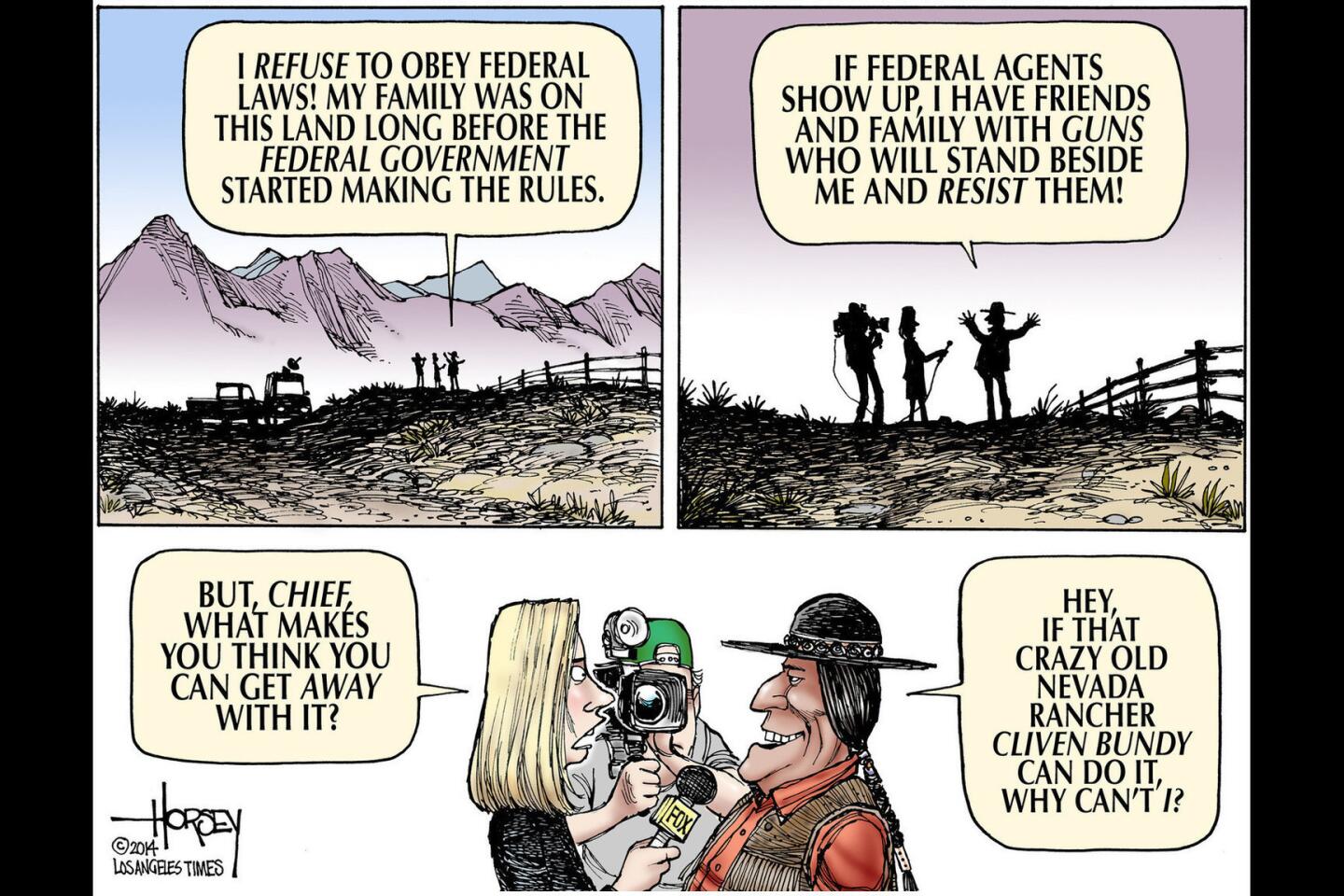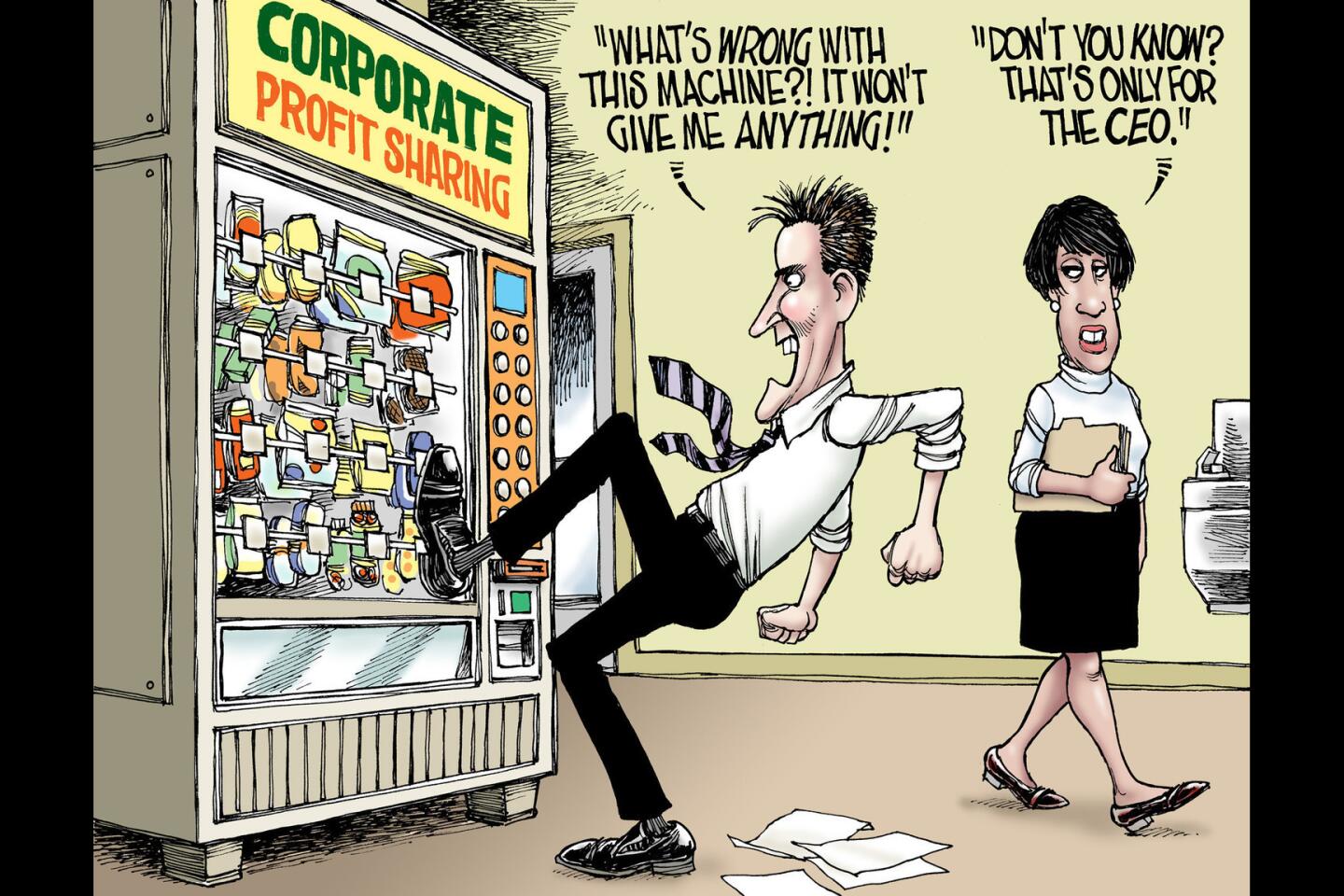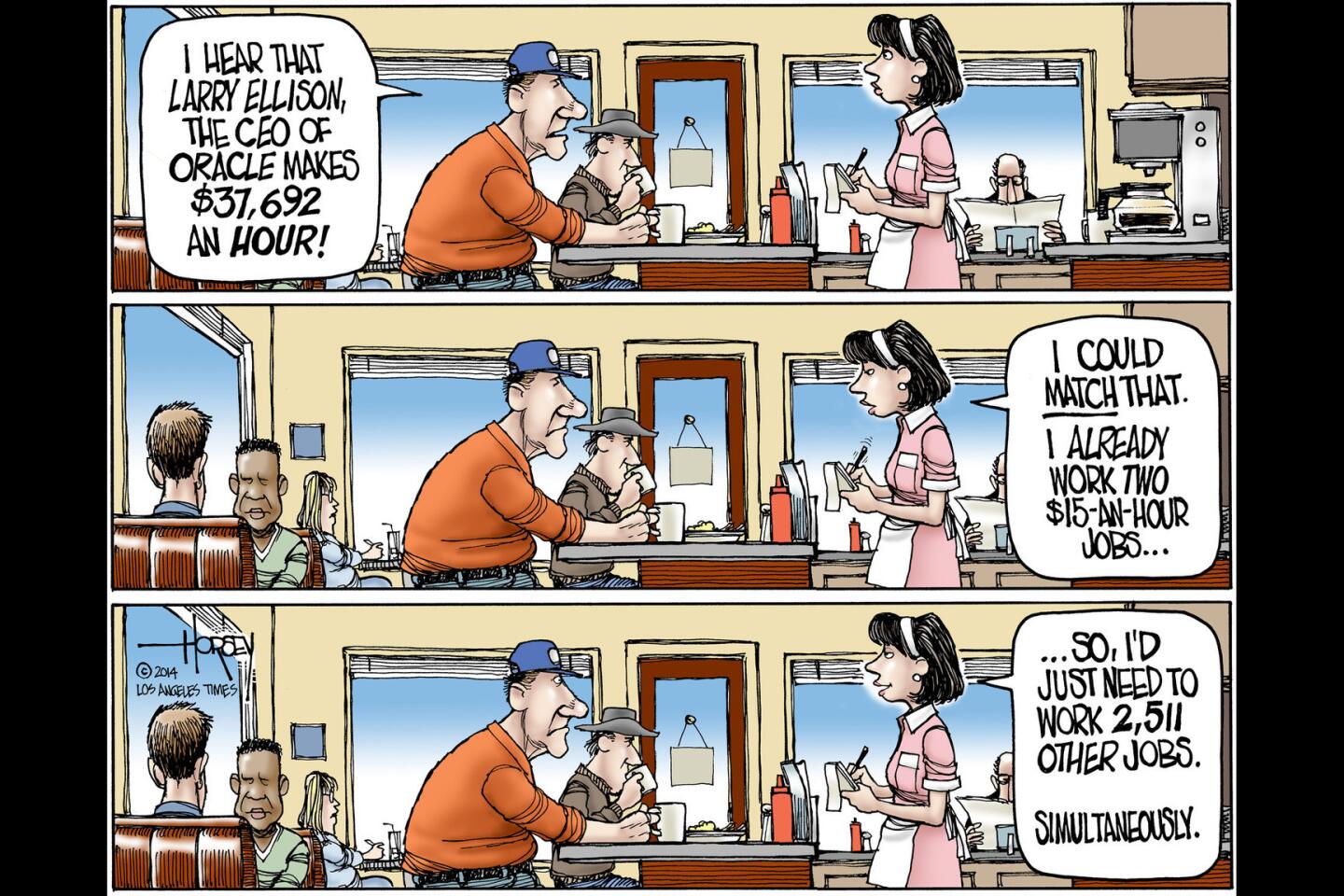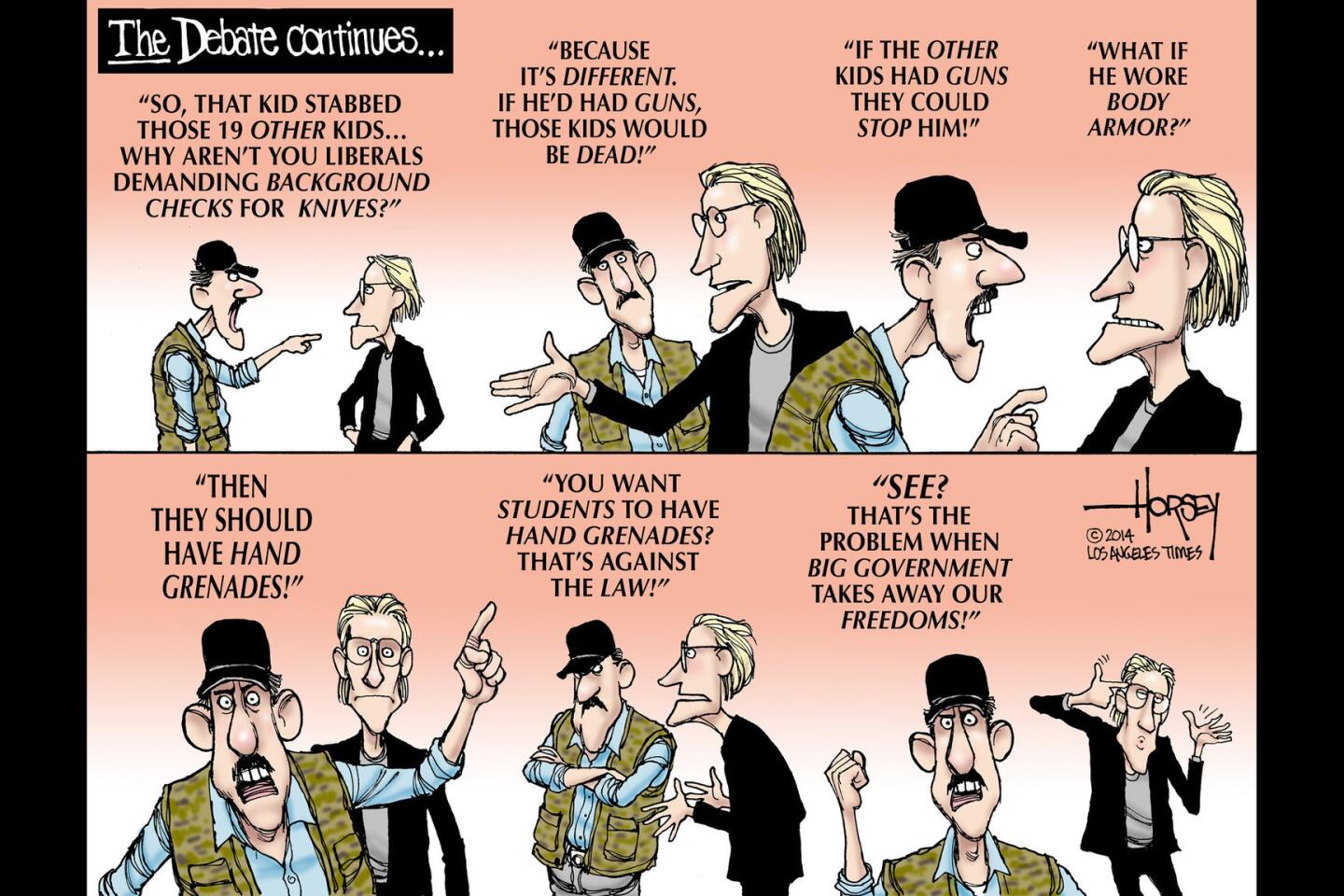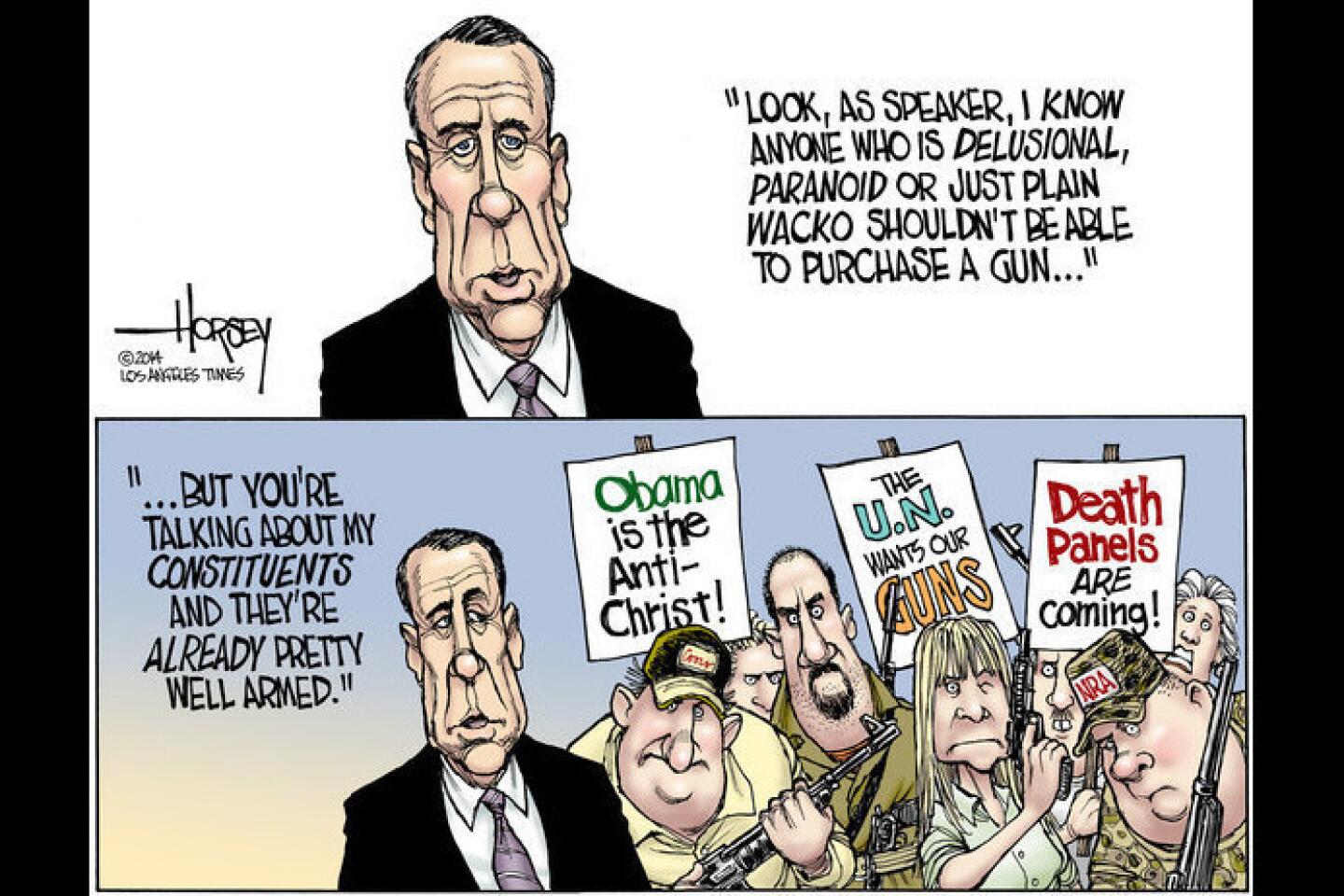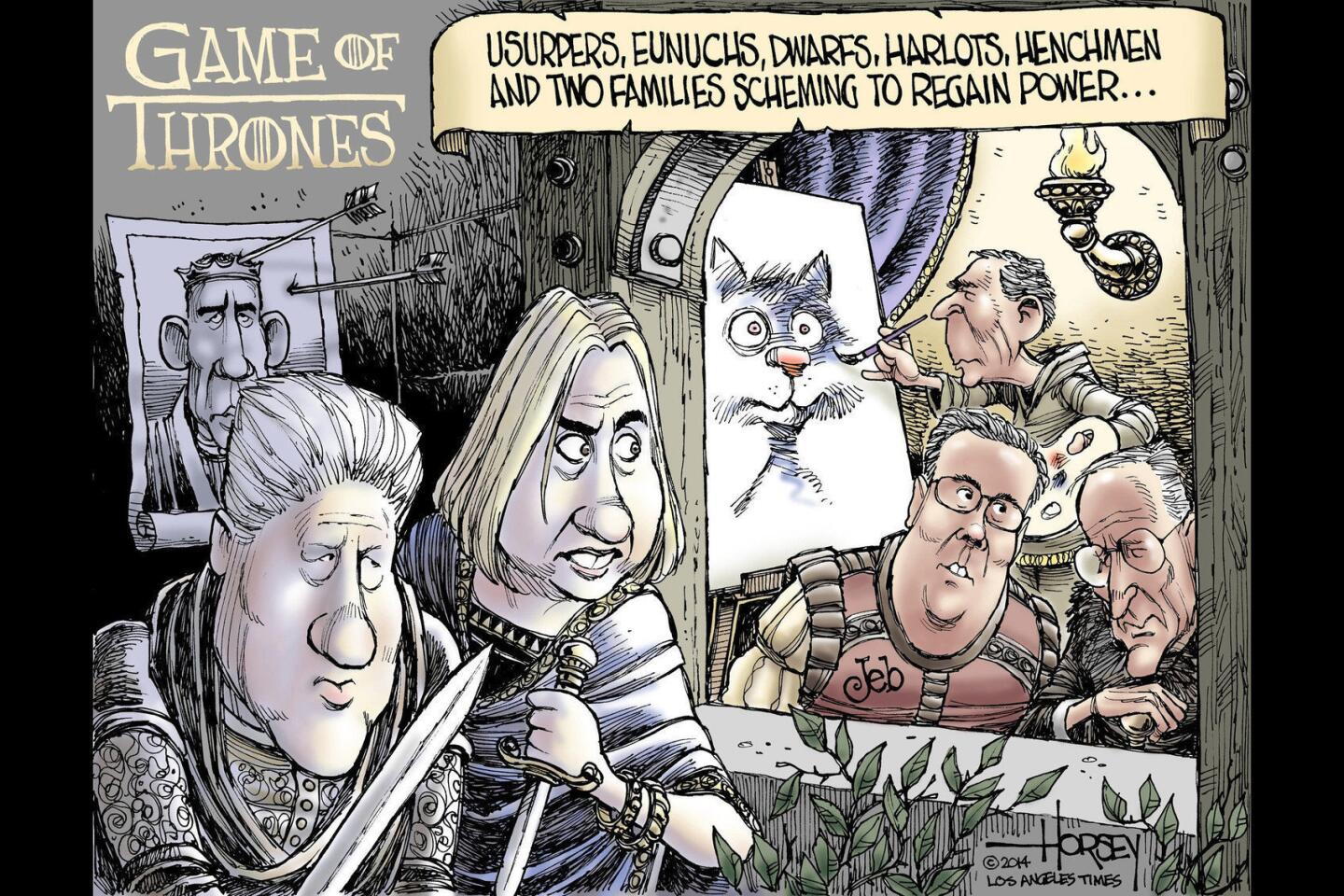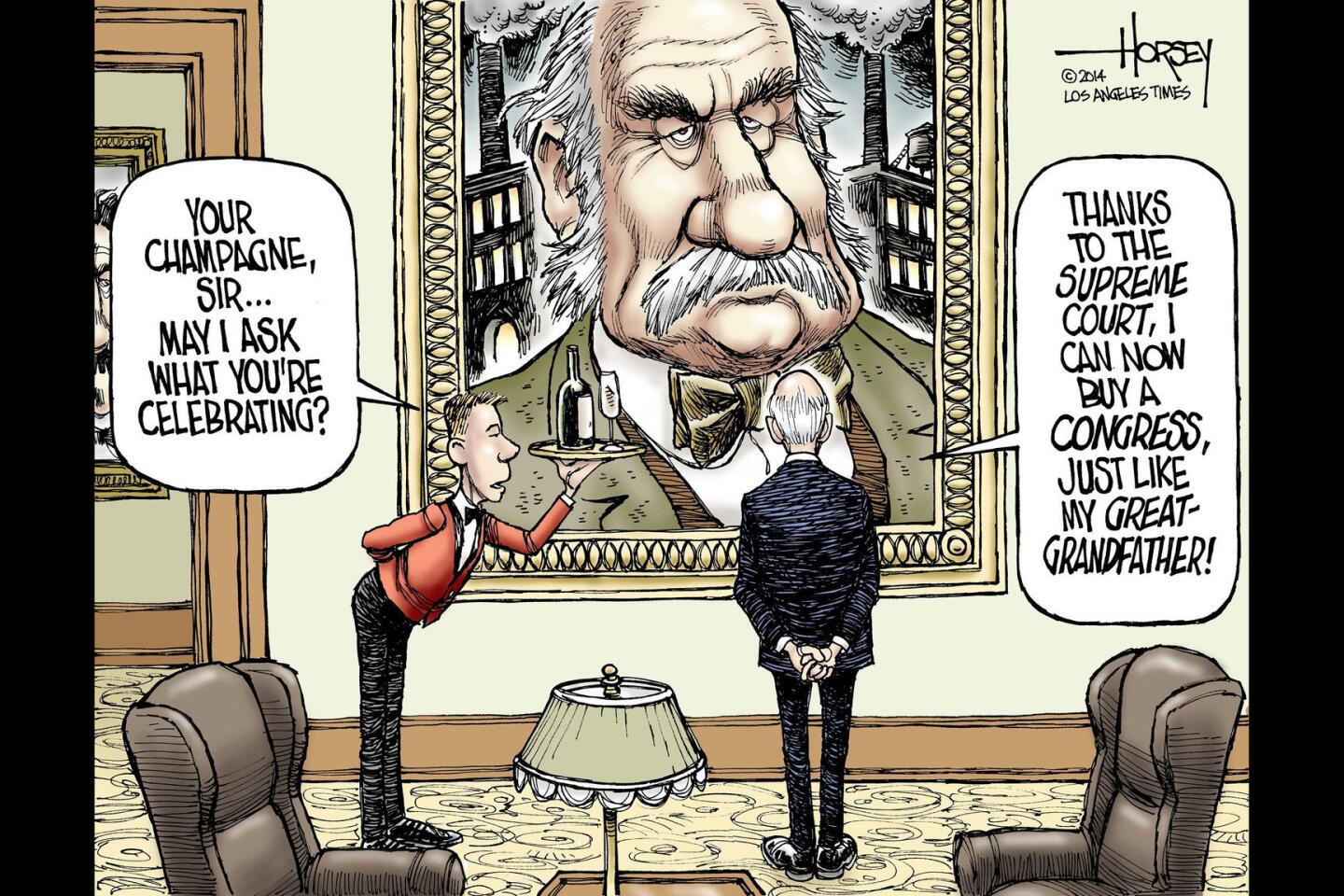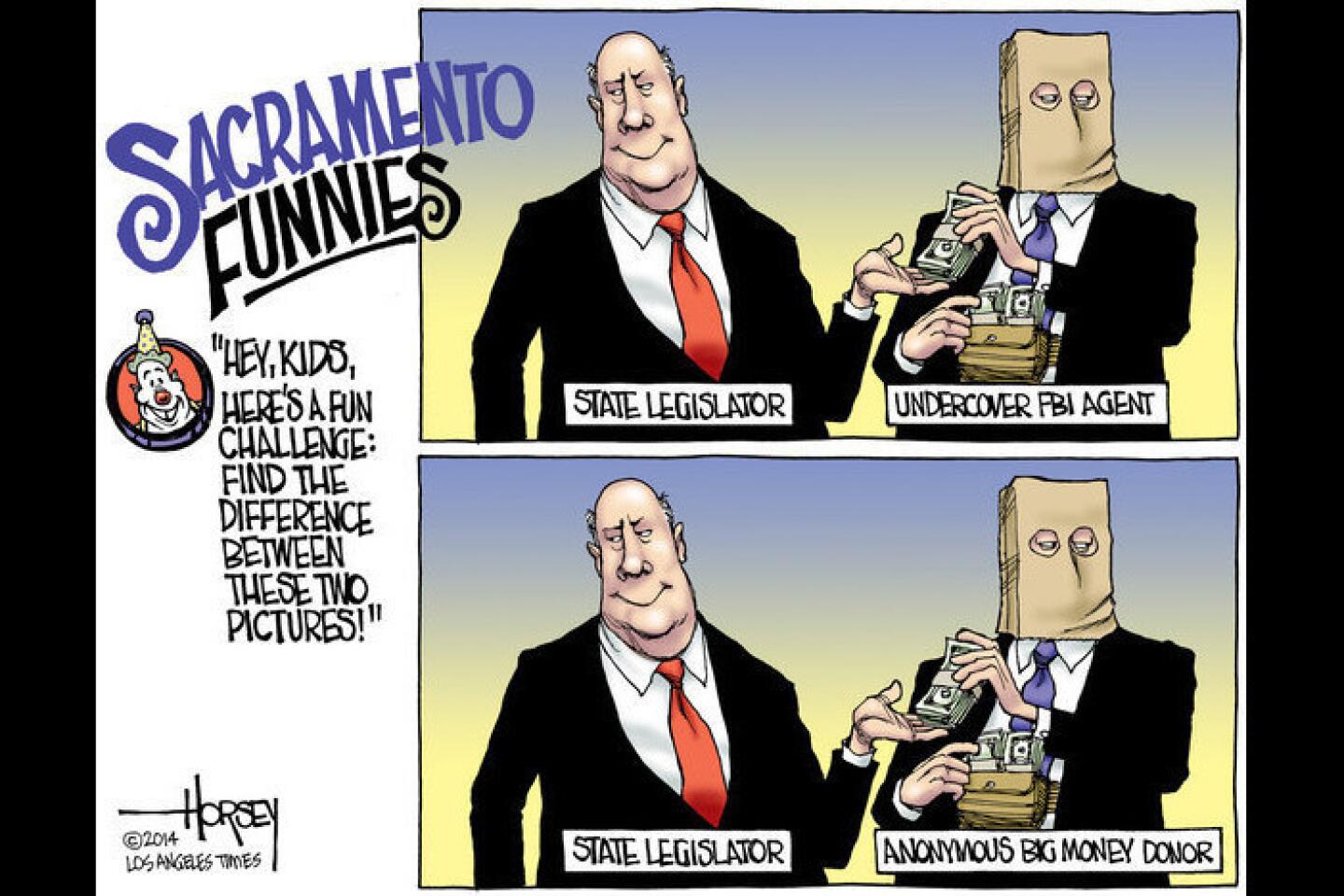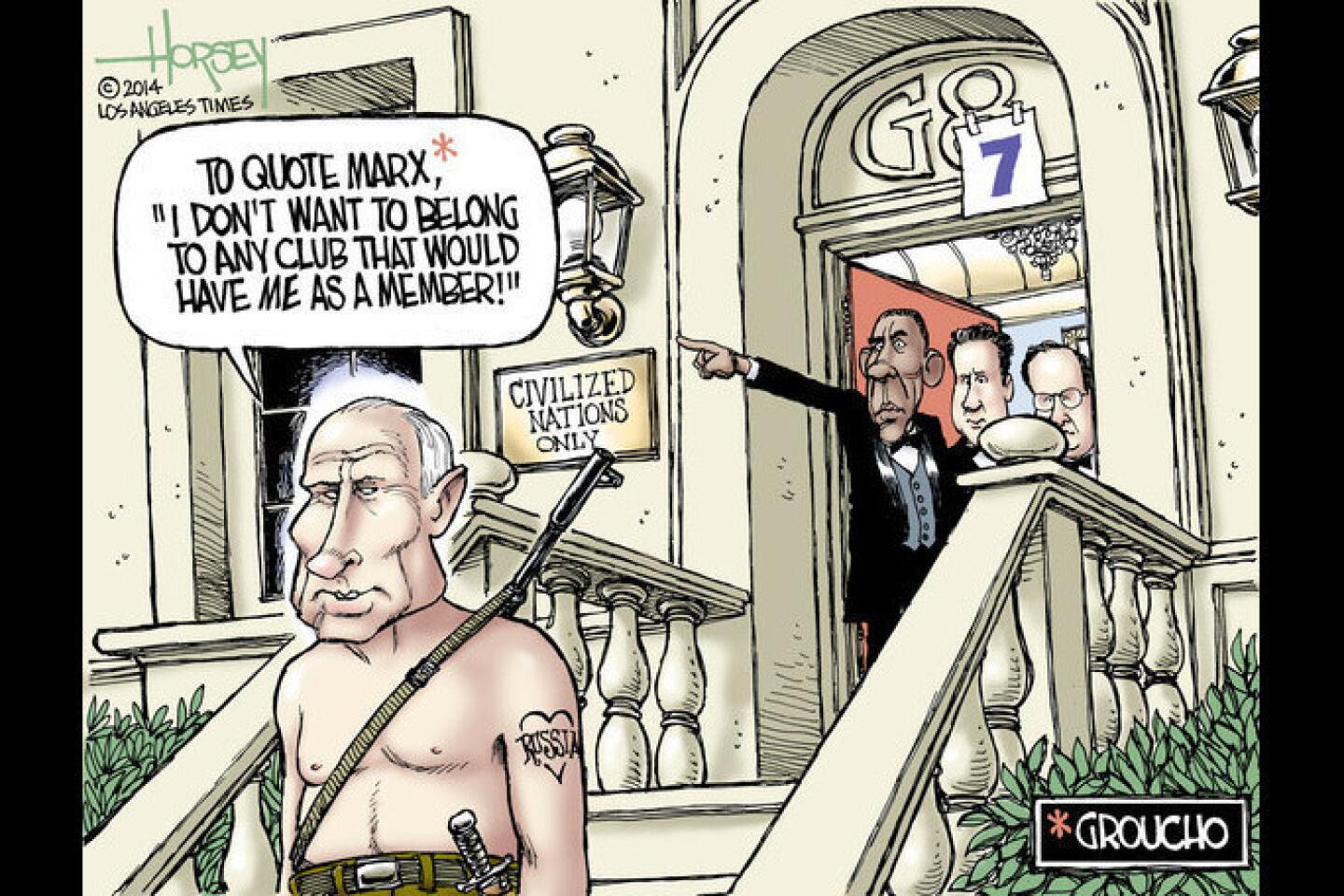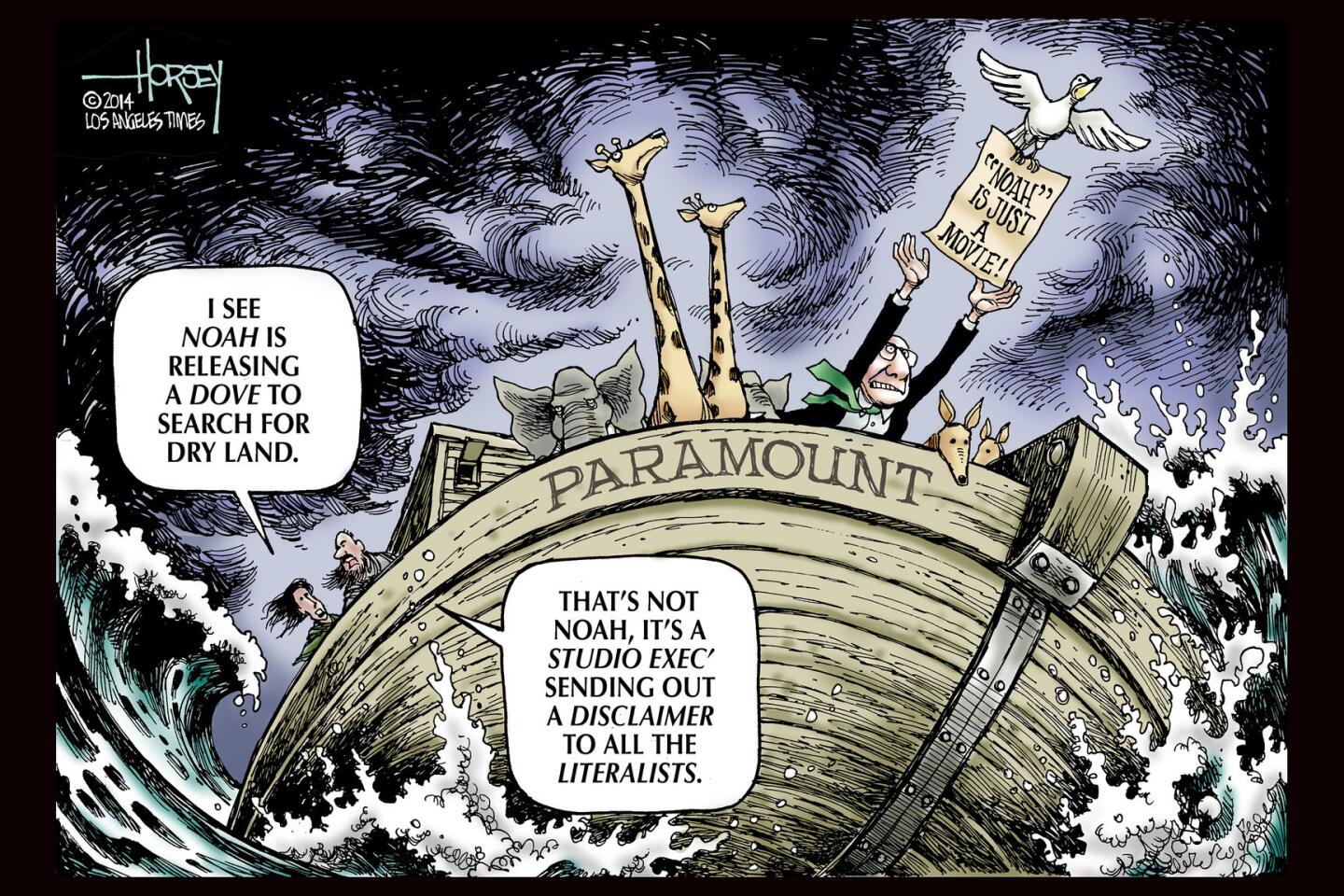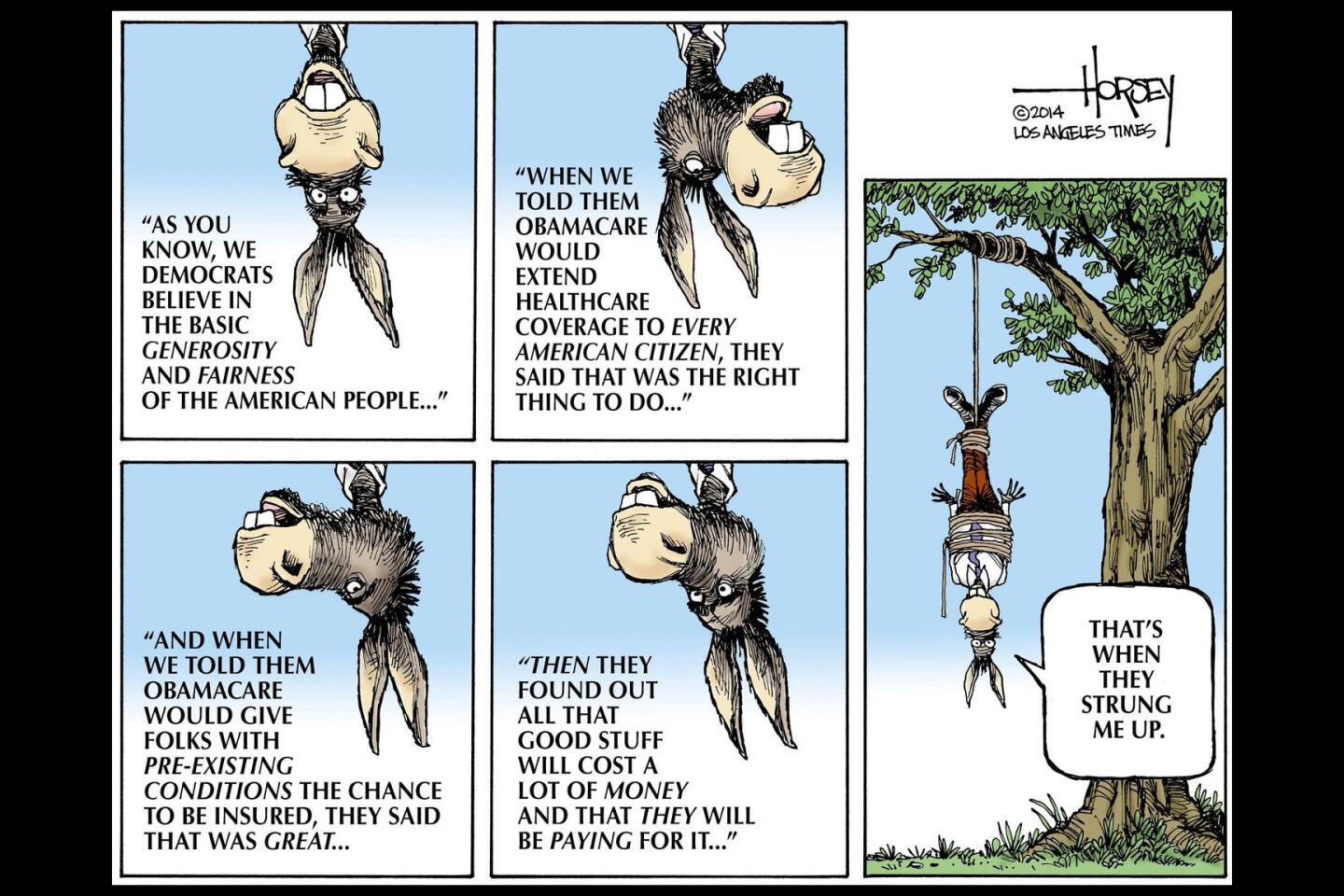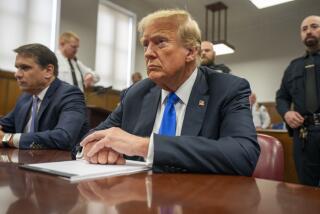Liberals, get ready to freak out: Trump could be a two-term president
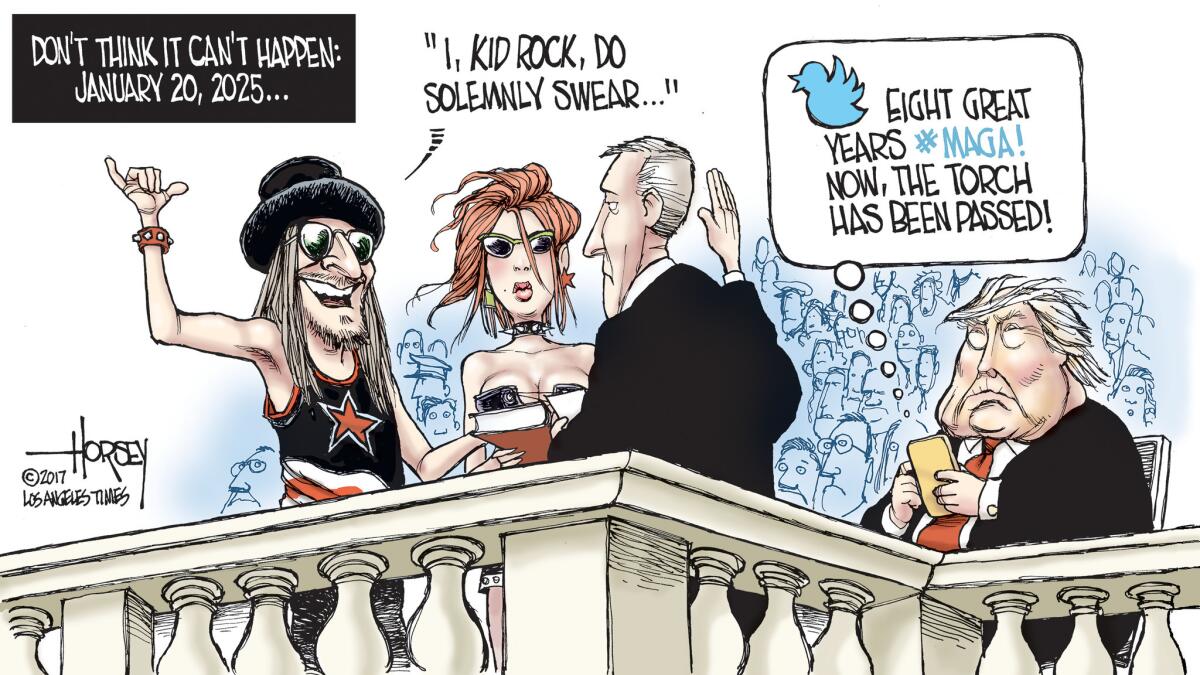
Donald Trump could become a two-term president. His path to re-election is not very hard to see.
Start with the fact that political math is not especially complex. In all but the most unusual presidential elections, there is little doubt about how 80% of the electorate will vote. Around 40% will vote for the Democrat, no matter whom he or she may be, and about 40% is sure to vote Republican. The more wobbly 20% is less predictable, although, in recent elections, most of those voters also ended up splitting fairly evenly between the parties. The tiny percentage of true swing voters in key states is the cohort that makes the decisive choice for one candidate or the other.
Right now, President Trump is more unpopular than any president at this point in a first term has been. Nevertheless, about 30% of voters appear unshakable in their loyalty to him. Trump has a rock-solid base. And, as bad as things have gone for him, thus far, there are hints that better days could be ahead.
For Trump, the hurricanes have been good news. Reports from the watery disasters in Texas and Florida indicate that the Federal Emergency Management Agency (FEMA) has done a very good job coordinating relief efforts. FEMA’s inept performance during Hurricane Katrina in 2005 seriously undercut the political standing of President George W. Bush. FEMA’s expert work this time is reflecting well on Trump. There is no logic to this, of course. The substantial organizational improvements made in the agency mostly took place during President Barack Obama’s two terms. But the hurricanes roared in on Trump’s watch, and he is receiving the political benefit.
After months of floundering and failure in the Republican-controlled Congress, Trump has turned to the Democrats to get some deals done. He quickly agreed to a short-term Democratic plan for a debt-ceiling hike to prevent a government shutdown, and he appears to have also come to a general agreement about how to reconstitute the Deferred Action for Childhood Arrivals program that will codify a permanent legal status for 800,000 undocumented immigrants brought to the U.S. as children.
This collusion with Democrats has enflamed the political world. GOP congressional leaders feel rebuffed by their own president. Anti-immigrant agitators and right-wing pundits who saw Trump as their champion are now screaming about betrayal. But average voters probably see it very differently. Most people like the idea of the parties working together to get things done. Most people did not want the DACA beneficiaries — the young “Dreamers” — to be sent to Mexico or whatever country they were born in. And most voters do not care about the prerogatives of Senate Majority Leader Mitch McConnell (R-Ky.) or House Speaker Paul D. Ryan (R-Wis.).
Trump is said to be giddy about the positive response he has received in the mainstream media for cutting deals with Democrats. Trump likes praise, and he likes to notch wins. It is possible he will continue to look for deals with Democratic leaders, even on health care, where Republicans have utterly failed to deliver. Right now, a bipartisan plan to retool Obamacare is being hammered out in the Senate Committee on Health, Education, Labor and Pensions. If committee members can come up with something — and if the latest attempt to repeal Obamacare fizzles like all past attempts — it would be very opportune for Trump to lay claim to the bipartisan scheme and boast of another job well done.
Trump will never stop his embarrassing, childish and sometimes self-defeating tweets. But those bursts of nonsense are starting to feel like background noise that we are learning to live with. Yes, Trump’s tweets continue to grab headlines, but the real changes being wrought by the Trump administration get less notice. Cabinet members, such as Environmental Protection Agency Administrator Scott Pruitt, are busy dismantling the federal bureaucracy and catering to the wishes of big corporations and polluting industries. That is shocking stuff, but the average American does not pay close attention to any of it. The negative effects that will come with the elimination of regulations and safeguards to the environment and the financial industry will probably not affect the calculations of swing voters in 2020.
When that election year rolls around, Trump’s bombastic, divisive style may have become normalized and less worrying to many people, especially if he can claim a handful of significant bipartisan achievements. His popularity might have inched up by then. A challenge in the Republican primaries from someone such as Ohio Gov. John Kasich may have fizzled out because the dysfunctional GOP has concluded Trump is their best bet to hold on to power.
And, after a series of hotly contested Democratic primaries with a gaggle of candidates and no clear frontrunner, the Democrats could end up with a presidential nominee whose pandering to the progressive base of the party is not so attractive to the broader electorate — or at least to that crucial segment of white working-class voters in key states such as Pennsylvania, Michigan and Ohio who tipped the electoral college to Trump in 2016.
So, Trump could win again. All he has to do is seem a little less crazy, make a few popular deals that lend him the aura of effectiveness and get lucky in who his opponent will be. None of that is impossible to imagine.
Of course, one person could upset this bright scenario. The investigation by special counsel Robert S. Mueller III into collusion with Russia could produce solid, indisputable proof that Trump committed an impeachable offense. That is not hard to imagine, either.
Follow me at @davidhorsey on Twitter
More to Read
A cure for the common opinion
Get thought-provoking perspectives with our weekly newsletter.
You may occasionally receive promotional content from the Los Angeles Times.
